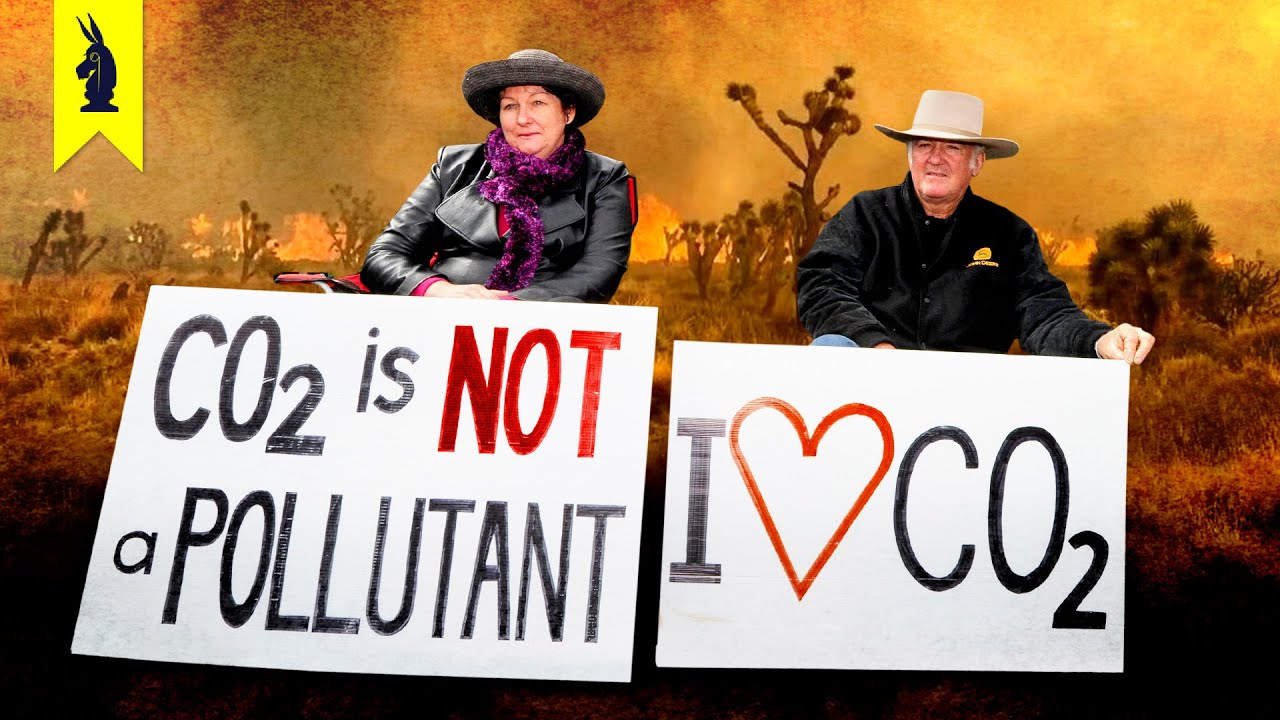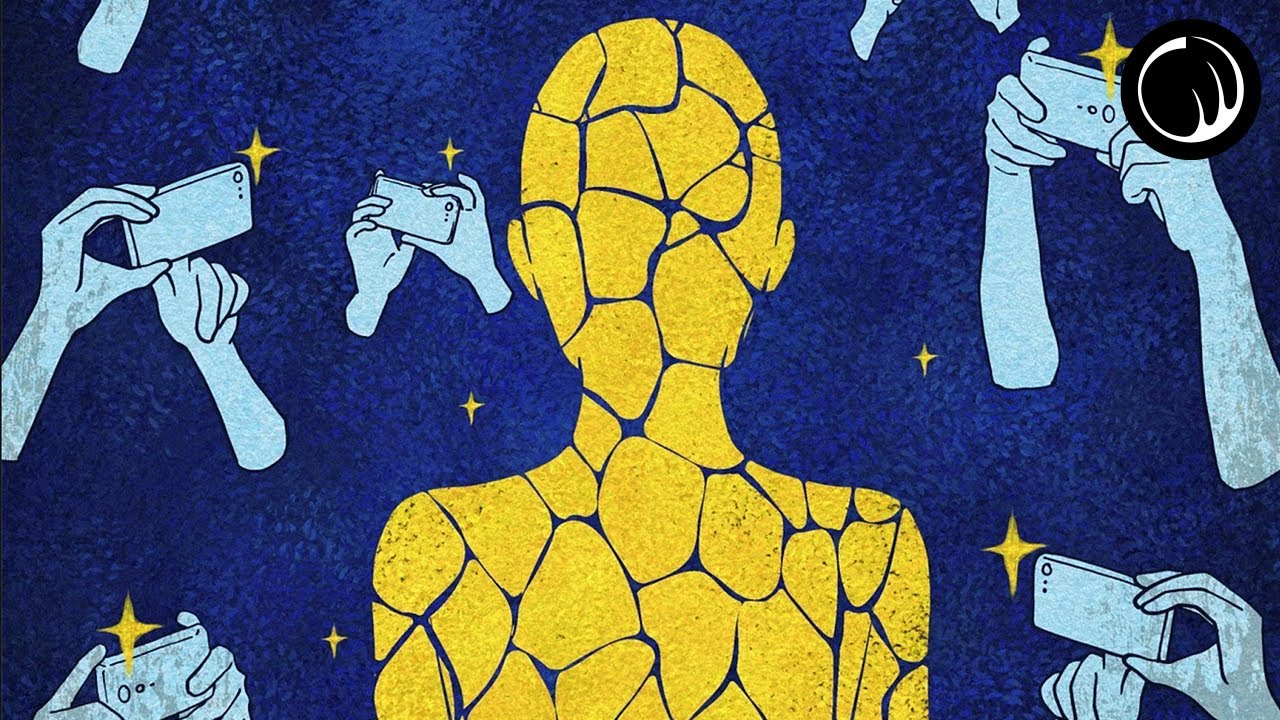Informed Tankie
 www.youtube.com
www.youtube.com
Some quotes from the video: > The official orders, to anyone who breaks curfew, is shoot to kill. > I wasn't sure if I was enjoying the power of controlling all of these people, or if I don't understand why kids look at me frightened, why are they running away when I walk into the street? Before my service, I worked as an educator, I love kids, so I think I was very confused on why a kid would find me scary. > I realized that my job is actually to maintain an apartheid system. Very early on I understood that the rights that the Jewish settlers have are not the rights that the Palestinians have. I understood that I cannot touch a Jewish settler if he is attacking a Palestinian; the best I can do is call a local police department to come handle it, like I would do at home in Jerusalem. So these Jewish settlers are living under the same rights that I live in Jerusalem but the Palestinian next to them next house over next building over sometimes next apartment over lives under my rule, my military rule, and I can do whatever I want with him. > > I can take his home as a temporary base for a few hours to a few days to a few weeks, I can decide that I'm arresting the people of the house and tying him up to the fence of my base. If we will get an order to demolish their home or just lock their front door and don't let them out into the street, their house is on a street that only Jewish settlers can walk on, and Palestinians cannot > I felt like I am the terrorist and my job was literally to scare people so they cannot think about acting against the Israeli settlers or the Israeli military, that was actually our defined mission: to make sure that to instill fear in the hearts of Palestinians in Hebron, and that's exactly what we did > Growing up in Israel like I said I believe that I was the good guy, I mean the story that all of us are being told all around the world is that the the very clear difference between good and bad people. You learn about the Holocaust growing up. I saw my grandma screaming in the middle of the nights, memories from Auschwitz in her mind, memories of our family, I knew that I am going to be a good human being, you know. In the age of 15, 16, I began being almost obsessed with trying to understand the Nazi side in the Holocaust, not only to hear the stories of the victims of the Jewish victims and any other victims from the Holocaust, but to try to understand how can a Nazi soldiers get up in the morning, give his kids a kiss his wife a hug and go out to the camps and do his job? > > I just couldn't understand that. And when I got into the occupied territories for the first time I understood how can there be a contradicting inside yourself, as a human being you could do your job and be a one person at home, be a loving caring, you know, boyfriend or a son or brother, and in the same time, hold people under a regime so oppressed that people are dying not from only your bullets, but the amount of calories being entered into their territory, like in Gaza, from depression or sickness > Leaving the military and start interviewing soldiers, really, I think, made me understand that there's a systematic oppression that is taking place in the occupied territories > Actually what being an Israeli means, being an Israeli, growing up in the Israeli educational departments, you understand that all the Arabs hates you [...] Going into the military you're already going so full of hate and fear at the same time that you don't need much to be very aggressive, violent, and racist toward Palestinians, they see the Palestinian women and the Palestinian men as subhuman
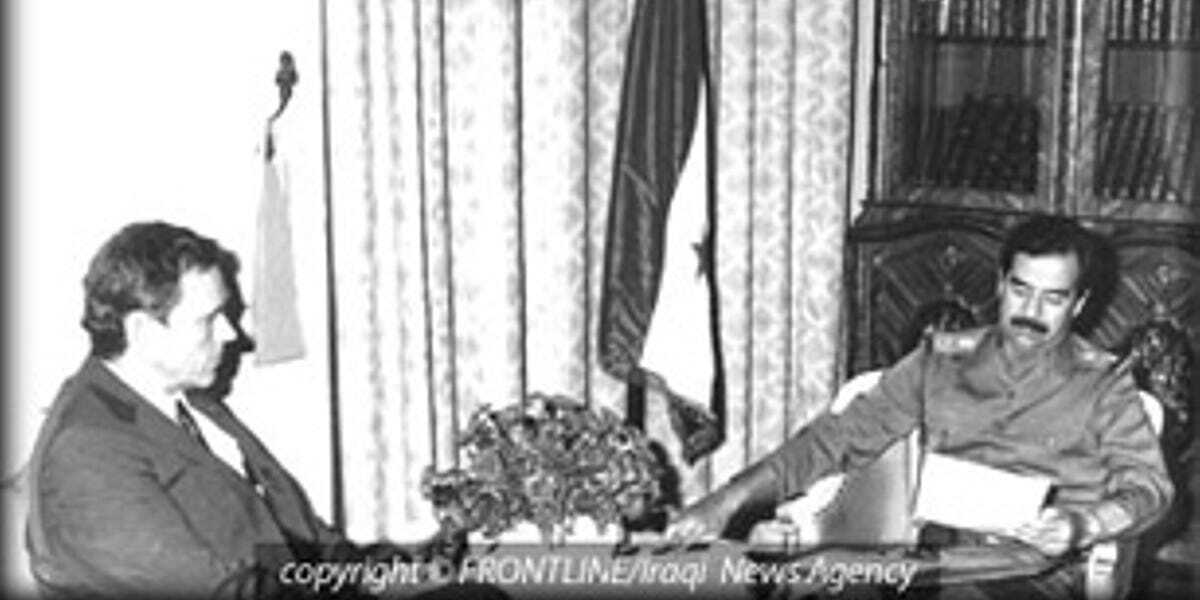 www.historicly.net
www.historicly.net
Seen on TodayILearned@lemmit.online : [TIL in 2001, an American computer engineer emailed Saddam Hussein and received a 10-page personal reply](https://lemmit.online/post/1231859) I ~know he's not exempt from critics(, thinking about his alliance with the west against Iran, or how the external/western "pressures" made him react against 'domestic terrorism'), but neither are we, as "glorious policemen of the world". (I also remember the usual lies/'atrocity propaganda', e.g., about his son torturing every day people for fun) Nobody forgot [the death toll](https://lemmygrad.ml/pictrs/image/c8e226e8-9e57-45e0-832f-18a48693cc79.jpeg) 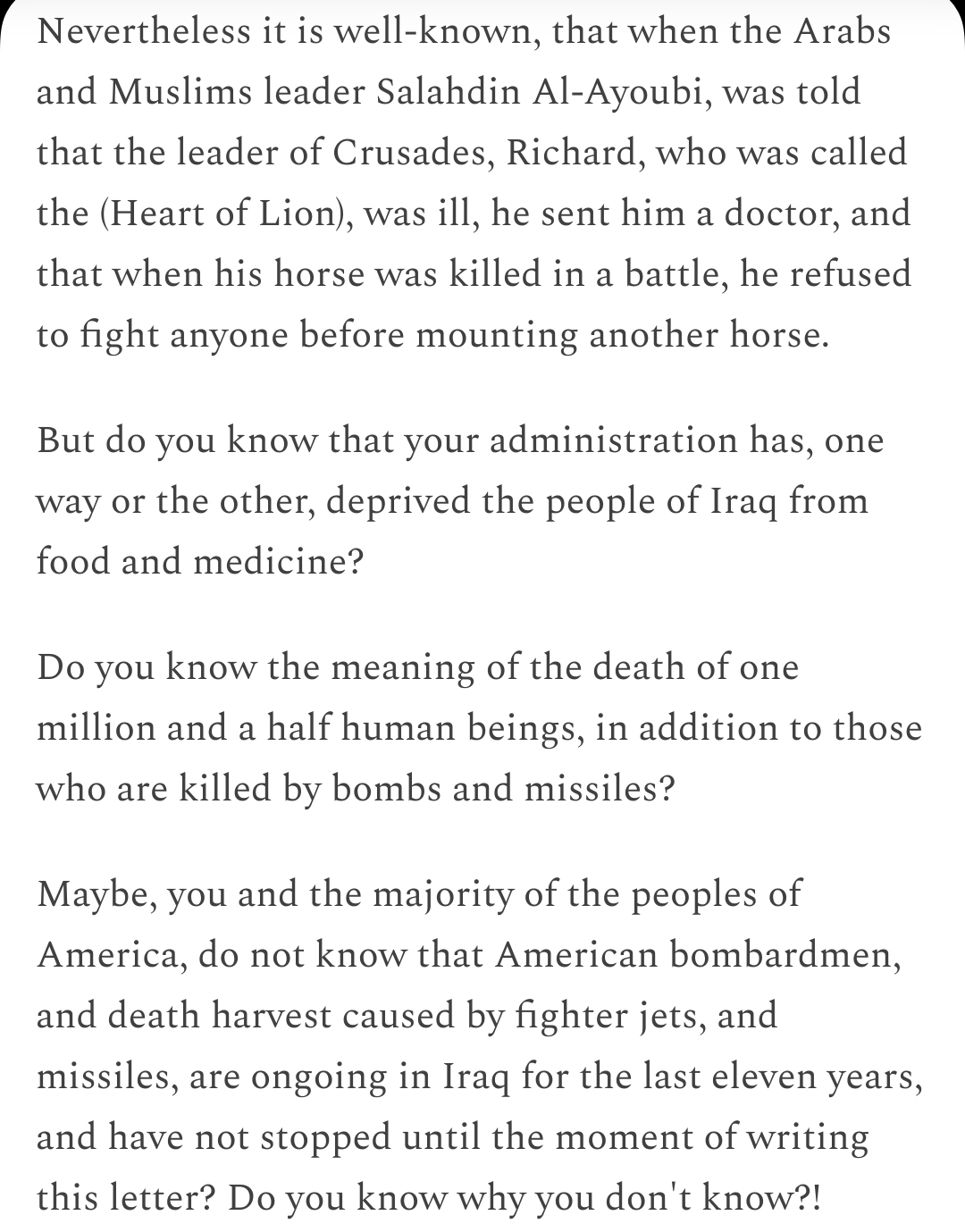 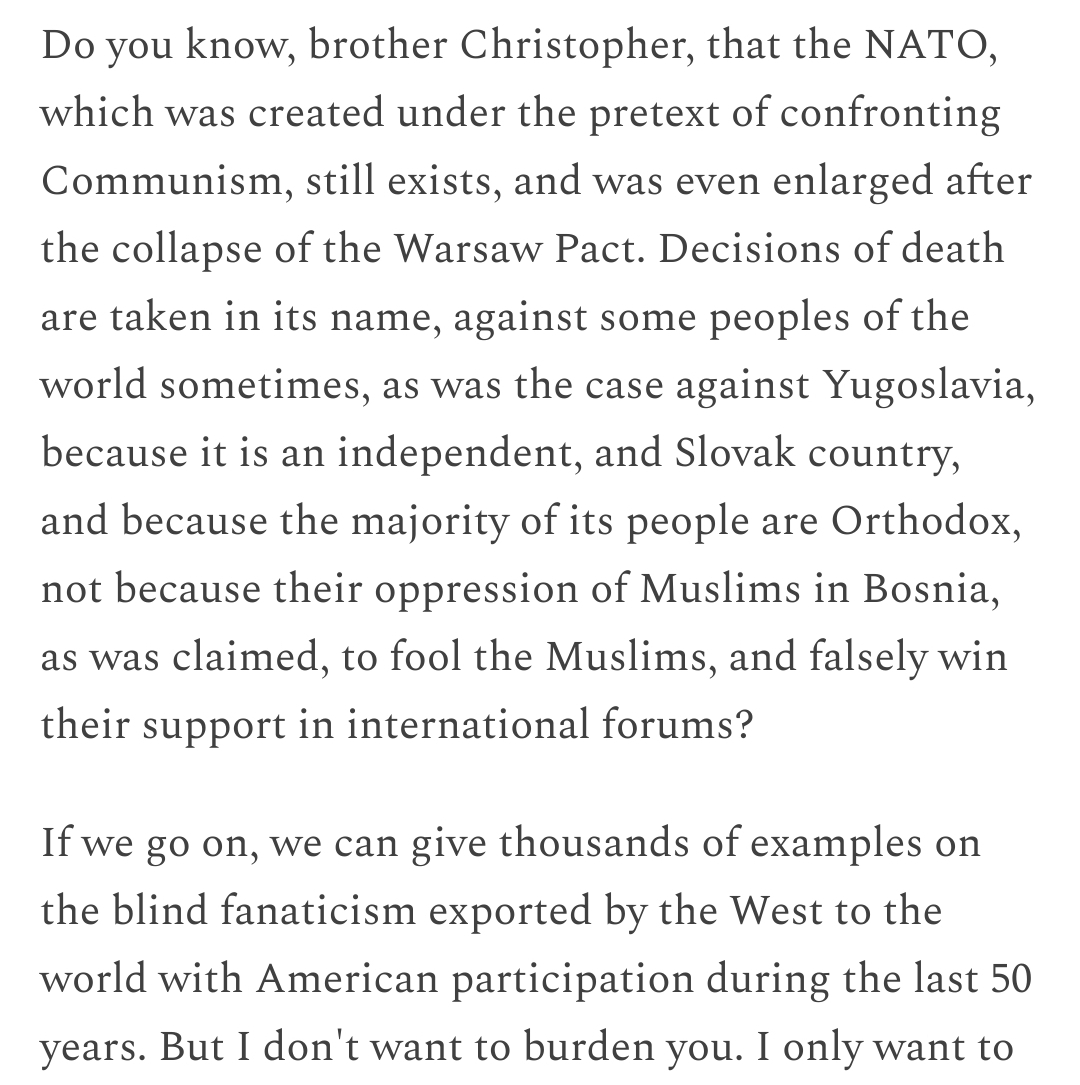 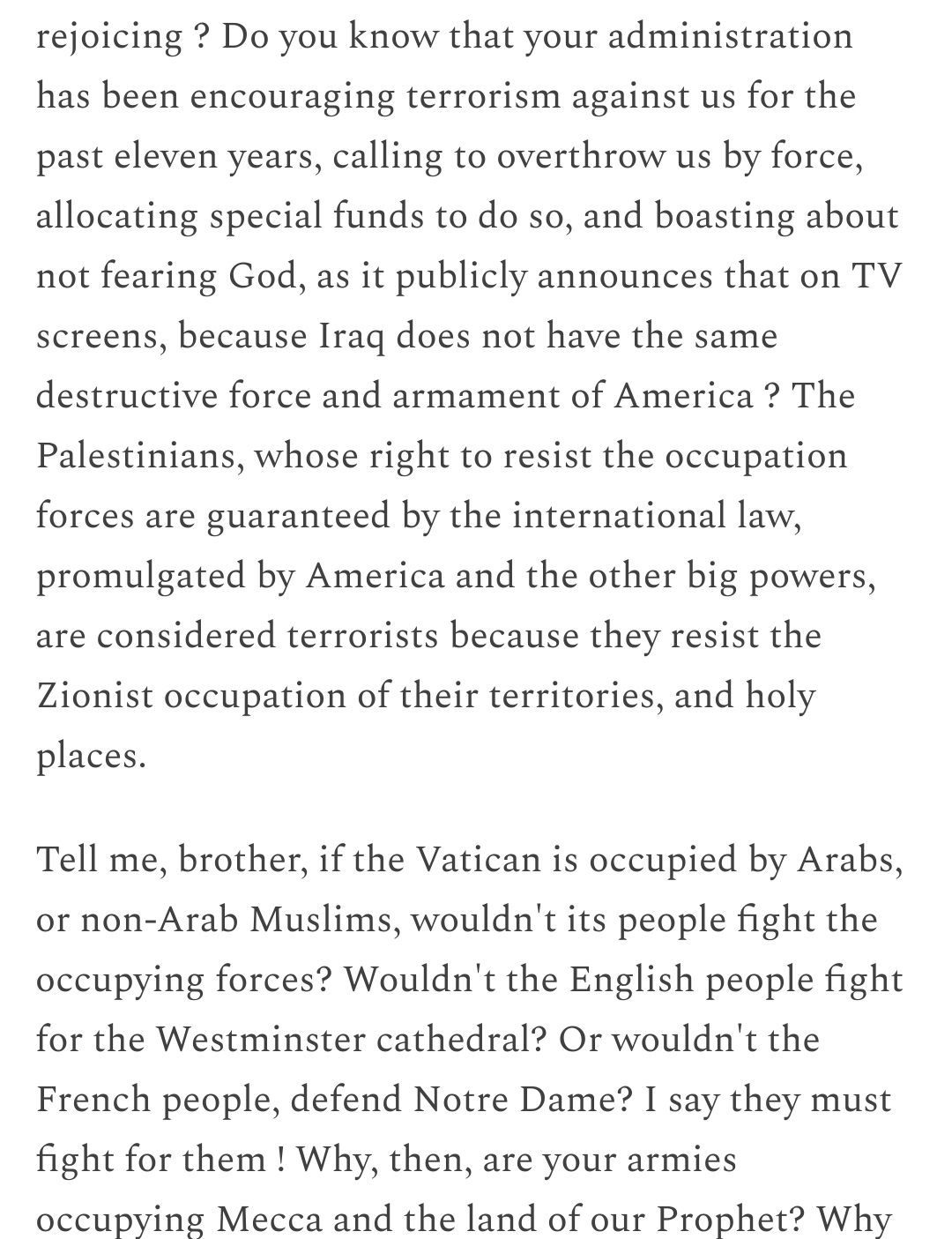 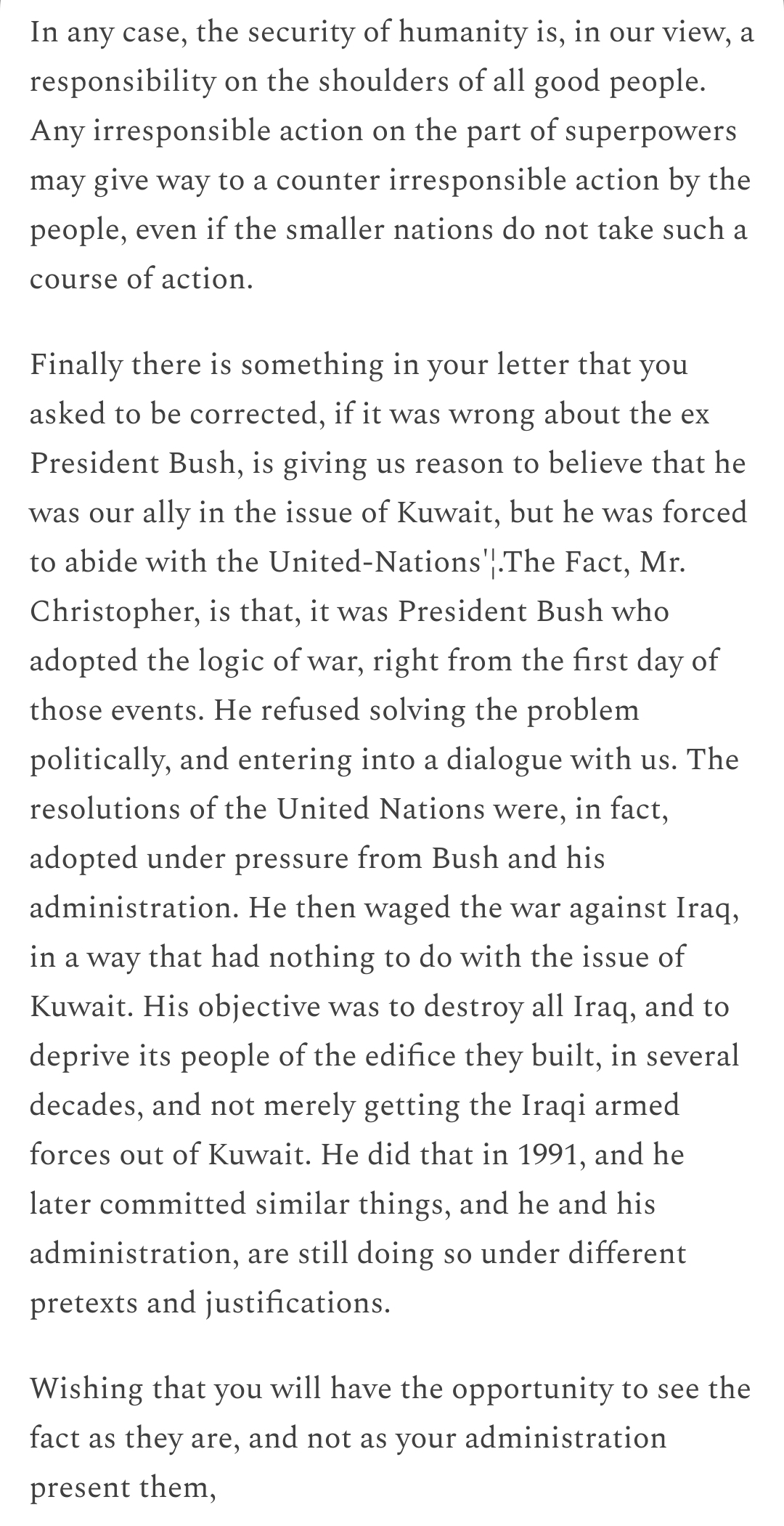 Oh and, b.t.w., if you didn't already know : https://www.theguardian.com/world/2001/oct/14/afghanistan.terrorism5
> On episode 63, we speak to Refaat Alareer, a professor, writer and father in Gaza, about the latest Israeli military assault on Gaza that killed nearly 50 Palestinians, including 17 children, in early August [2022]. "But for Palestinians who’ve been suffering for decades under this military, brutal military regime, military rule, whether there are elections or not, we’re exposed to Israeli killing machines, we’re killed day and night, we’re being suffocated. Even if Israel is not killing us, shedding our blood or being suffocated. When you can’t travel, when somebody – I know people in Gaza who, people who died because they can’t go to the West Bank or to Jerusalem because they will get arrested at Erez because 30 years ago, they threw stones at Israeli military jeeps, or because a family member was a freedom fighter. So the reality on the ground that sadly not many people see is that the 24/7 Israelis are killing us, suffocating us, shedding our blood. And for many people, this slow death that happens is even worse in so many ways. At least, when Israel starts a war, many people start paying attention. And even when we talk about truce, or a lull or a ceasefire, it never stops" Video, audio, and transcript available on the linked page.
> On episode 68, we speak with activist and blogger Tony Greenstein, a veteran of the Palestine solidarity movement in the UK, about his new book Zionism During the Holocaust: The Weaponization of Memory in the Service of State and Nation. Video, audio, and transcript available on the linked page.
 www.youtube.com
www.youtube.com
Note: This video is from January (uploaded 01/13/23). > BT’s Rania Khalek sat down with Sheikh Naim Qassem, deputy secretary-general of Hezbollah, in Beirut, Lebanon. Hezbollah began as a resistance movement against Israeli occupation of southern Lebanon and has since grown to become a regional player across the Middle East. > > They discussed Hezbollah’s role in Lebanon and the region as well as the group’s view on global developments. This is Qassem’s first interview with an English-language outlet based in the West since the BBC sat down with him in 2019.

[video](https://youtu.be/S36SUOnCdC0?si=iw2CsL5qw6lZ7-Af) For them it's obvious that we must hate other countries, because "they know", yet they have to continuously lie in order to get(manufacture) our assent. Suspicious. They're the obstacle to a world peace, for our own good, but they have to lie instead of explaining why we can't unite with communists, islamists, or whatever else doesn't correspond to our values, demonizing them, hiding our covert actions, lying through atrocity propaganda, brainwashing us thanks to their control of the mainstream medias(, no pro-chinese tv channel, or pro-u.s.s.r. back then, and seeing Internet as something not censored enough), ... They're afraid of the truth i.m.o.(, or don't trust the process of an honest debate). 

She just dropped a book. All she had to do to shut them down. [Discord invite](https://discord.com/invite/PRRVg3HH2a)

[Here](https://twitter.com/Kentikelenis/status/1712069769237594400)'s the thread. [Oxfam](https://www.oxfam.org/en/press-releases/every-1-imf-encouraged-set-poor-countries-spend-public-goods-it-has-told-them-cut) reminds us that the IMF is mostly about austerity measures. It also contains these two maps, note how there's never any conditions for rich countries, i didn't know that the IMF was solely for nonwestern countries(, yet controlled&financed by the west) : 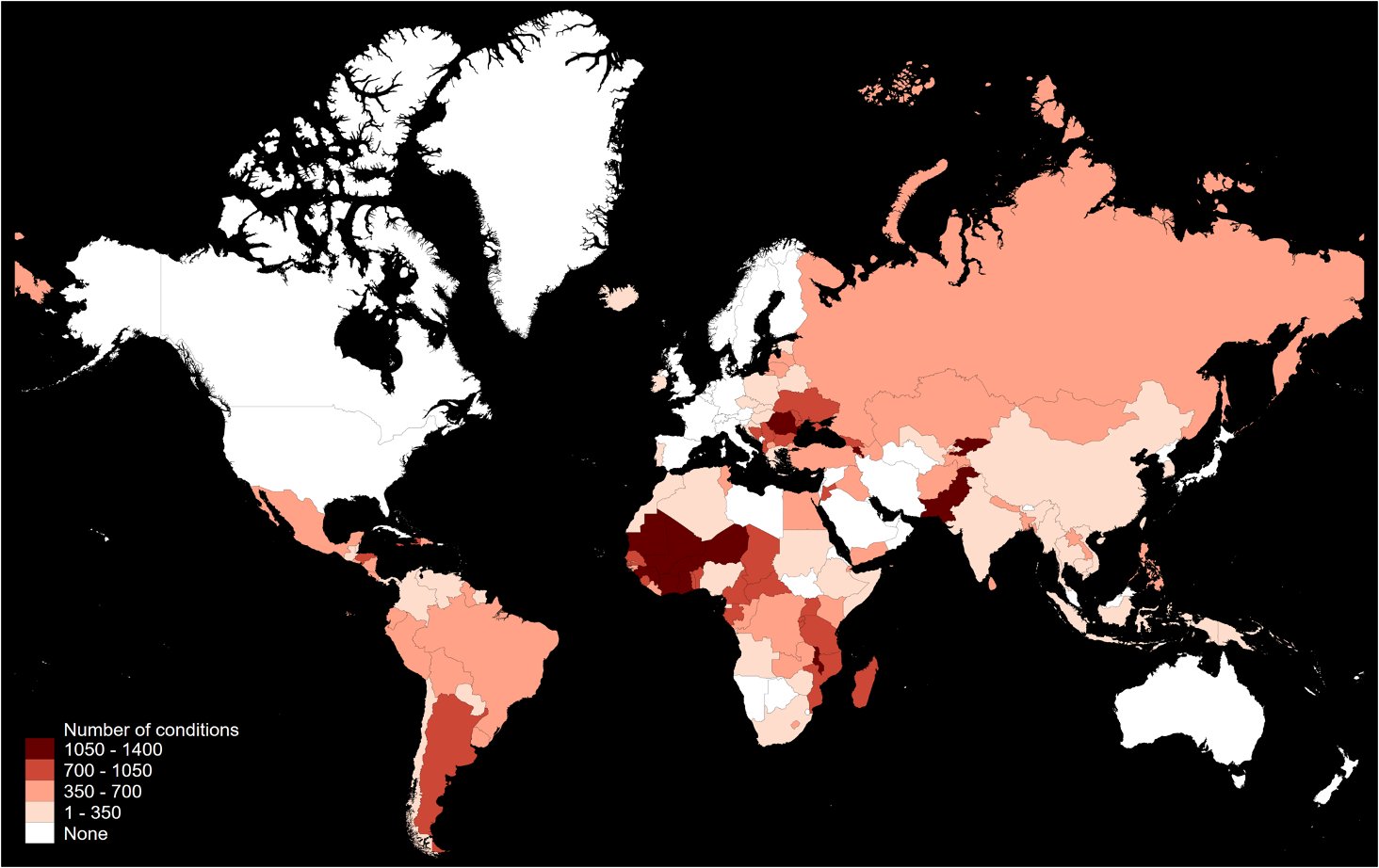 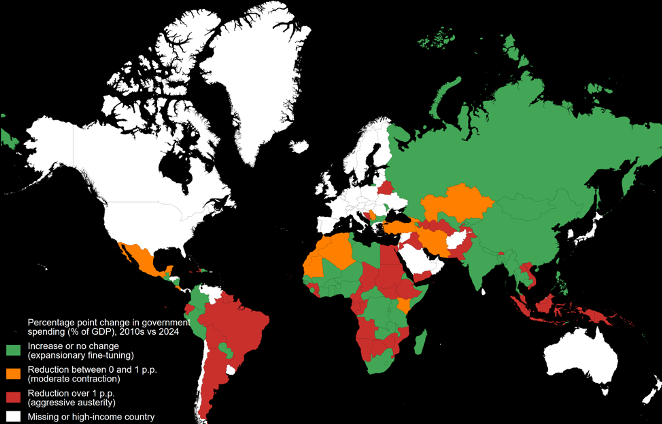 The second map aims to show that « half of developing country govts will be spending less in 2024 than in the 2010s.», (and adds that « Austerity measures are a key feature of the post-pandemic world »). « But this image neglects that for many developing countries austerity has been *𝘤𝘰𝘯𝘴𝘵𝘢𝘯𝘵* over the past few decades. » [Here](https://en.m.wikipedia.org/wiki/List_of_countries_by_social_welfare_spending)'s a list of countries by their percentage of social welfare spending. Cause or consequence ? 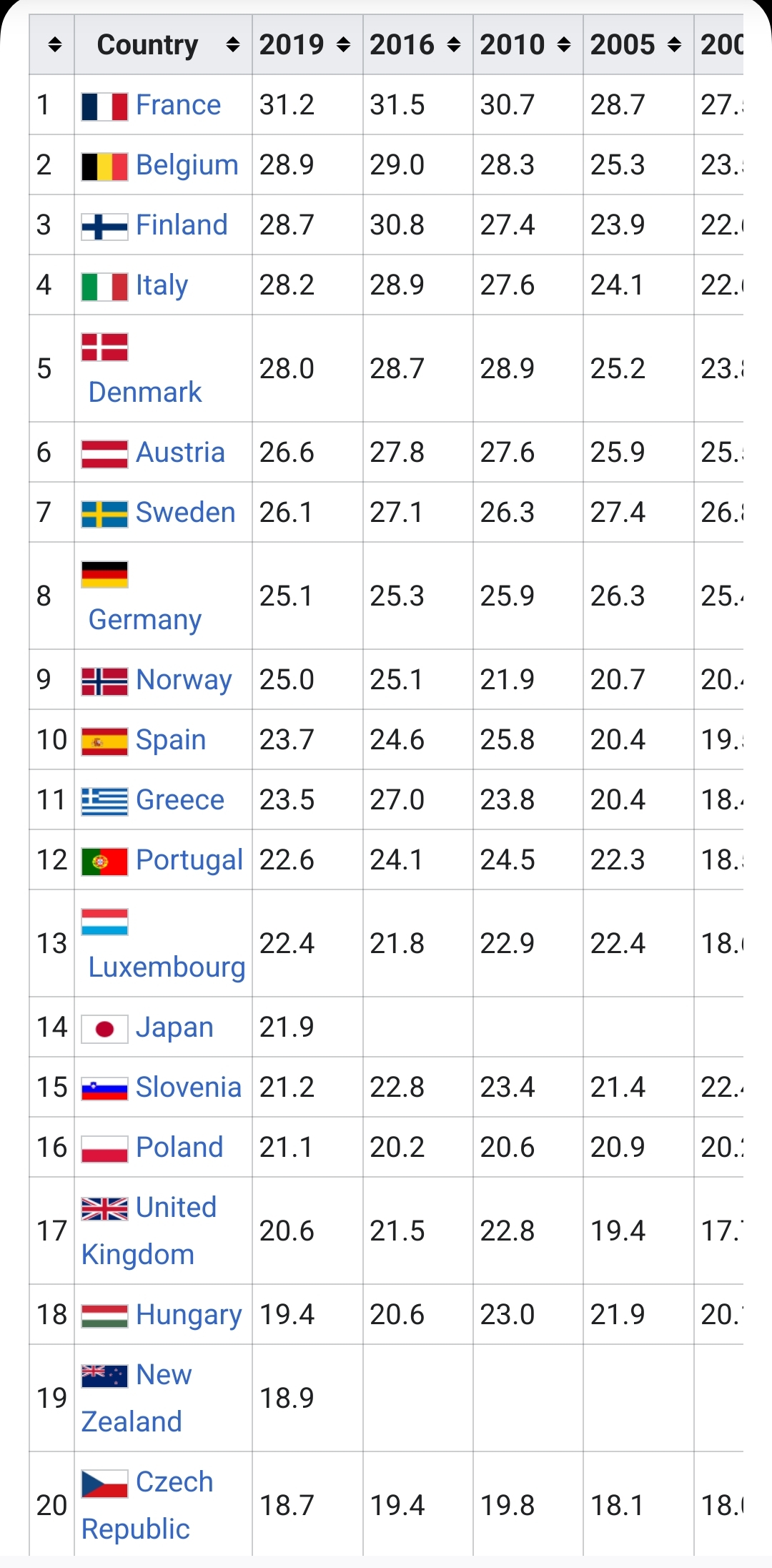 I'm not saying that the solution is simple or obvious though, but the contrast with keynesian economics is striking, and i mostly wanted to share the graph in the thumbnail of this post. 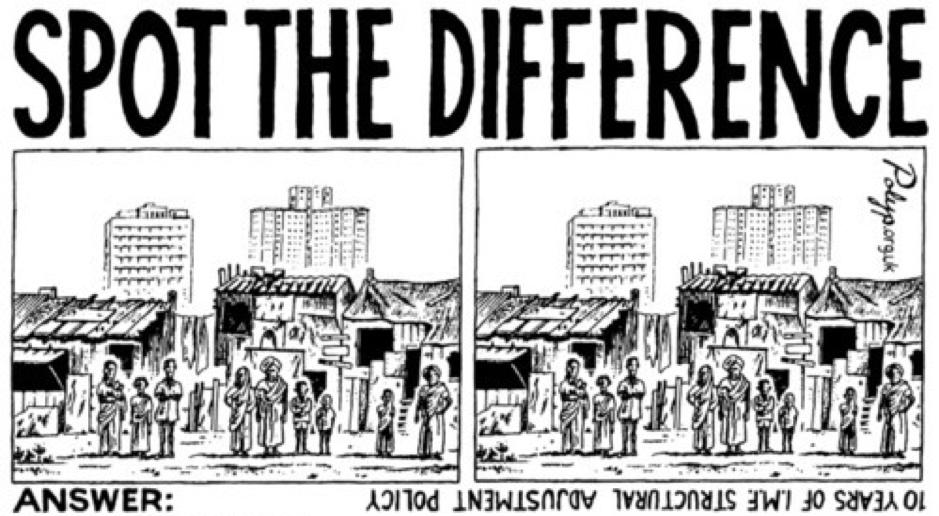

It's not *that* much linked to communism, but i like lemmit.online and there's one or two interesting information. I especially liked the clear link between the dates and the geographical position. It's a bit too western-centered though.
 hawaiiankingdom.org
hawaiiankingdom.org
The Nation of Hawaii details their plan for citizenship for when the American occupation leaves the territory. For those who don't know, the Nation of Hawaii is the reformation of the deposed state occupied by the US in 1898. They are fighting for the complete independence of Hawaii and an end to the illegal US annexation.
Titled **A Global Community of Shared Future : Proposals and Actions** It was harder than for a lot of other texts to cut parts, i've only cut roughly half of it. Do not hesitate to read the full version with, e.g., a T2S application on your phone while you're doing something else. In the end, this text won't surprise anyone here, it would probably benefit more from being read by people supporting anti-China policies, but it's another pro-China argument to add to the list, and there're informations in it. The first part tries to convince the rest of the world that we should live harmoniously together. « [After a speech from 2013, President Xi Jinping] fleshed out a **five-point proposal**[ in 2015 during the 70th session of the United Nations General Assembly] : - We should build partnerships in which countries treat each other as equals, engage in extensive consultation, and enhance mutual understanding. - We should create a security environment featuring fairness, justice, joint efforts, and shared interests. - We should promote open, innovative and inclusive development that benefits all. - We should increase inter-civilization exchanges to promote harmony, inclusiveness, and respect for differences. - We should build an ecosystem that puts Mother Nature and green development first. He further proposed five goals for the world[ at the u.n. in 2017] : - We should build a world of lasting peace through dialogue and consultation. - We should build a world of common security for all through joint efforts. - We should build a world of common prosperity through win-win cooperation. - We should build an open and inclusive world through exchanges and mutual learning. - We should make our world clean and beautiful by pursuing green and low-carbon development. This represents the steady increase in the depth and scope of the vision. » The second part develop examples of what China did on its part in order to further these goals : « The past decade has seen steady progress in implementing the vision. From bilateral to multilateral and from regional to global dimensions, ground-breaking results have been achieved on every front. The **Belt and Road Initiative**, the **Global Development Initiative**, the **Global Security Initiative**, and the **Global Civilization Initiative** have taken root and borne fruits, bringing prosperity and stability to the world and creating substantive benefits for the people. Over the past decade, the vision of a global community of shared future has gained broader support. More countries and people have come to the understanding that this vision serves the common interests of humanity, represents popular calls for peace, justice and progress, and can create the greatest synergy among all nations for building a better world. (...) It is therefore of great significance to promote solidarity and cooperation among all countries and create a better future for humanity. The Chinese government is publishing this white paper to introduce the theoretical base, practice and development of a global community of shared future. **We hope it will improve understanding and expand consensus in the international community**, and reinforce the global effort to realize this vision. » Good luck to them. ************************ **Preface :** In the universe there is only one Earth, the shared home of humanity. (…). We should endeavor to build an open, inclusive, clean and beautiful world that enjoys lasting peace, universal security, and common prosperity, turning people’s longing for a better life into reality. The vision of a global community of shared future bears in mind the wellbeing of all humanity. It is based on both observation of the present and visionary planning for the future. It lays out goals, charts the path, and offers action plans to achieve them. It concerns the future of humanity and the destiny of every human being. # I. Humanity at a Crossroads ## 1. Interdependence is the prevailing trend throughout history (…) All countries bear responsibility for the safety of this planet and the future of humanity. If **the pursuit of power** and profit escalates to vicious competition or even armed conflict, self-destruction will be the certain outcome. Throughout history, peace and development have been the primary aspirations of humanity. (…) The idea that “we are all one human family” is gaining traction, and the desire for a global community grows stronger than ever. [Other arguments : Globalization merged the individual markets into a single one. Technologies expanded the human exchanges/communications. Shared interests/responsibilities/destiny, and wellbeing/security.] ## 2. Global challenges call for global response [Details on why there's a deficit of peace. A deficit of global development as well(, and with more economic isolationism). And « The security deficit is glaring », due to more intense global strategic competition and a lack of mutual trust, in the form of swindling/plundering/oppression/'zero-sum game', and terrorism/'cyber-attacks'/'transnational crime'/'biological threats'. Finally, there's a governance deficit(, energy/food/debt, global climate, digital divide, artificial intelligence, the global governance system keeps breaking down on issues requiring resolution).] « Only when all countries work together, only when we align individual interests with the interests of all, and only when we truly build a global community of shared future, can humanity tide through the crises confronting us and sail towards a better future. » ## 3. The new era calls for new ideas This is an era when the world is undergoing rapid changes almost every day. We can no longer interpret the reality we are living in or find satisfactory solutions to the conundrums we are facing by means of traditional approaches to international relations. It is increasingly obvious that the idea that “all strong countries will seek hegemony”, the obsession with superior strength, and the zero-sum mentality are in conflict with the needs of our times. (…) There is no iron law that dictates that a rising power will inevitably seek hegemony. (…) China understands the lesson of history – that hegemony preludes decline. We pursue development and revitalization through our own efforts, rather than invasion or expansion. The strong preying on the weak is not a way for humans to coexist. (…) In the age of globalization, all countries are interdependent and interconnected (...) inclusive development for the benefit of all is the right path forward. No country should hope for others to fail. Instead, it should work together with other countries for the success of all. China consistently aligns its development with global development, and aligns the interests of the Chinese people with the common interests of all peoples around the world. When the world thrives, China thrives, and vice versa. # II. An Answer to the Call of the Times and a Blueprint for the Future Standing at a crossroads, humanity is faced with two opposing options. One is to revert to the Cold War mentality that deepens division and antagonism and stokes confrontation between blocs. The other is to act for the common wellbeing of humanity, strengthen solidarity and cooperation, advocate openness and win-win results, and promote equality and respect. The tug of war between these two options will shape the future of humanity and our planet in a profound way. To build a global community of shared future is to pursue openness, inclusiveness, mutual benefit, equity and justice. **The goal is not to replace one system or civilization with another. Instead, it is about countries with different social systems, ideologies, histories, cultures and levels of development coming together to promote shared interests, shared rights, and shared responsibilities in global affairs. The vision of a global community of shared future stands on the right side of history and on the side of human progress. It introduces a new approach for international relations, provides new ideas for global governance, opens up new prospects for international exchanges, and draws a new blueprint for a better world.** ## 1. Introducing a new approach to international relations “What kind of world we need and how to build such a world” has become a vital question with the future of humanity at stake. China’s answer to this question of the times is to build a global community of shared future. It means that with their futures closely interlocked, all nations and countries should stick together, share weal and woe, live together in harmony, and engage in mutually beneficial cooperation. The idea is based on a reasonable design for state-to-state relations. It reflects the general consensus and common expectations of the international community, and demonstrates China’s sense of duty as a responsible major country. ## 2. Highlighting the new features of global governance – **Openness and inclusiveness :** Countries should not draw lines based on ideology, target specific countries, or gang up to form exclusive blocs. The ocean is vast because it admits all rivers. (...) – **Equity and justice :** The world needs justice, not hegemonism. No country has the right to dominate global affairs, dictate the future of others, or monopolize development advantages. Countries should safeguard the international order based on international law (...). The practice of double standards or selective application of law should be rejected. – **Harmonious coexistence :** Countries should strive to achieve peaceful coexistence and common development by seeking common ground while reserving differences. Planet Earth is not an arena for wrestling between countries, but a stage for human coexistence. **Despite their differences and diverse features, countries can develop together in harmony and unity**, and it is precisely such diversity that gives strength to global development. – **Diversity and mutual learning :** Different histories, national conditions, ethnic groups, and customs have given birth to diverse civilizations. Diversity of human civilizations is a basic feature of our world. **Mutual learning among civilizations provides important impetus to human progress**. (...) – **Unity and cooperation :** Countries should act for **the greater good**. Pursuing development behind closed doors can only result in poverty. Viewed from a “country-first” perspective, the world is small and crowded, and locked in “fierce competition”; viewed from the perspective of a shared future, the world is vast, and full of opportunities for cooperation. No country can overcome global development challenges on its own. Cooperation among all countries is the only viable option. ## 3. Opening up new prospects for international exchanges The principle of sovereign equality runs through the UN Charter. All countries are equals. [Then details/argumentation for the five-point proposal listed at the beginning] ## 4. Outlining a new vision for building a better world (cf. the five goals listed at the beginning) The stone wall at the entrance to the UNESCO headquarters carries the inscription of one single message: “Since wars begin in the minds of men, it is in the minds of men that the defenses of peace must be constructed.” (...) Countries should respect each other’s sovereignty and territorial integrity, respect each other’s core interests and major concerns, and respect the development path and social system chosen by other peoples. We should build a world of common security for all through joint efforts. It means turning absolute security for one into common security for all. (…) When neighbors are in trouble, instead of reinforcing one’s own fences, one should extend a helping hand. (...) It is normal for countries to have differences, and they should be properly addressed through dialogue and consultation. As long as we show sincerity, goodwill and political wisdom, no conflict is too big to resolve and no ice is too thick to break. We should build a world of common prosperity through win-win cooperation. It means bidding farewell to the winner-takes-all mindset and sharing development achievements. (...) While we should make the pie of the global economy bigger, it is even more important to divide it well, so that development achievements can benefit people of all countries more equitably, and bring about true cooperation and win-win results. We should build an open and inclusive world through exchanges and mutual learning. It means bidding farewell to the mindset that one civilization is superior to another and starting to appreciate the strengths of other civilizations. Our world can fully accommodate the common growth and progress of all countries, and success for one country does not mean failure for another. There is no universally applicable development path. A development path that continuously benefits the people is the most viable one. Countries and nations should respect their differences and seek harmony without uniformity, and **civilizations should draw strength from each other and make progress together**. Exchanges and mutual learning between civilizations should be a driving force for human progress and a strong underpinning for world peace. We should make our world clean and beautiful by pursuing green and low-carbon development. It means bidding farewell to the destructive exploitation of resources and preserving and enjoying the lush mountains and lucid waters. Humanity coexists with nature. Any harm we inflict on nature will eventually come back to haunt us. We often take natural resources such as air, water, soil and a blue sky for granted. But we could not survive without them. Industrialization has created a level of material wealth never seen before, but it has also inflicted irreparable damage on the environment. We must not exhaust all the resources passed on to us by previous generations and leave nothing to our children, or pursue development in a destructive way. Lush mountains and lucid waters are invaluable assets. We must follow the philosophy of harmony between humanity and nature and observance of the laws of nature and pursue a path of sustainable development, so that **everyone** is able to enjoy a starry sky, lush mountains and fragrant flowers. Building a global community of shared future is China’s proposed strategy for reforming and improving the international governance system. (...) It has become the overall goal of China’s major country diplomacy in the new era, and a great banner that leads the trend of the times and the direction of human progress. # III. Deep Roots in History and Cultural Traditions ## 1. Inheriting the best of traditional Chinese culture (…) Harmony is the core concept of Chinese culture, which values the primacy of harmony and harmony within diversity, pursues the ideal of harmony and solidarity towards common progress, and embraces cultural diversity and global harmony. The Chinese nation believes all nations together are one community, advocates fraternity among all peoples and peace for all countries, follows the principle of interstate relations that the strong do not bully the weak and the rich do not insult the poor, and pursues a world of fairness and justice for the common good. The Chinese nation champions universal benevolence, holding that the virtuous are never left to stand alone, endorsing good neighborliness with good faith and good will, and pursuing both friendship and interests while putting friendship first. The Chinese nation observes the rule that “to establish oneself, one must help others to establish themselves first ; to succeed, one must help others to succeed first”, believing that helping others is helping oneself. It also upholds the principle that “do not do to others what you do not want done to yourself”, and never imposes its will upon other nations. The Chinese nation acts on the belief that humans are part of nature and follows the old adage: “Fish with a line but not with a net ; when fowling, do not aim at a roosting bird.” It reveres the laws of the universe, loves nature, and pursues harmony between humanity and nature. ## 2. Showcasing the global vision of the Communist Party of China (…) Over the past one hundred years and more, the Communist Party of China (CPC) has always sought happiness for the Chinese people and rejuvenation for the Chinese nation while pursuing progress for all of humanity and the common good of the world. It succeeded in leading the Chinese people onto a distinctively Chinese path to modernization and developing a new form of human advancement. These successes have laid a solid foundation for building a global community of shared future(...) The CPC is committed to seeking progress for China while (…) contributing more to humanity. The report to the 20th CPC National Congress in 2022 drew a great blueprint for rejuvenating the Chinese nation on all fronts by pioneering a uniquely Chinese path to modernization, and pointed out that striving to build a global community of shared future is one of the intrinsic requirements of Chinese modernization, affirming the close bond between the future of China and the future of all humanity. The CPC leads the Chinese people in blazing and expanding China’s path to modernization based on both China’s distinctive conditions and other countries’ common approaches. Chinese modernization is the modernization of common prosperity for a huge population, coordinated material and cultural-ethical advancement, harmony between humanity and nature, and peaceful development. All these features have provided useful experience for other developing countries and a more robust and sustainable option for jointly building a global community of shared future. ## 3. Promoting the fine diplomatic traditions of New China Over the past 70 years and more, China has made notable progress, established fine traditions, and forged a tenacious character and unique strengths in developing foreign relations. A global community of shared future builds on the PRC’s diplomatic philosophies, strategic thinking and traditions, and opens up new horizons for major-country diplomacy with Chinese characteristics. After the PRC was founded in 1949, China committed itself to an independent foreign policy of peace and put forward the Five Principles of Peaceful Coexistence, the Three Worlds theory and other principles, policies and ideas. This allowed China to find its place, win respect, and expand its reach in the international community. After the launch of reform and opening up in 1978, China asserted that peace and development are the underlying trends of the times. It advocated multipolarity and greater democracy in international relations, promoted a harmonious world, and achieved significant progress in China’s diplomacy around the world. In the new era, championing peace, development, and win-win cooperation, China (...) has initiated a range of visionary initiatives, including a global community of shared future, a new type of international relations, the common values of humanity, the Belt and Road Initiative, the Global Development Initiative, the Global Security Initiative, and the Global Civilization Initiative, and promoted a set of approaches to global governance, to friendship and interests, to security, to development, to cooperation, and to the eco-environment. ## 4. Incorporating the outstanding achievements of other civilizations The concept of a global community of shared future incorporates the best of the cultures of enduring appeal and impact that have transcended time, space, and national borders in human history. It crystallizes the shared values of people from different regions, cultures, ethnic backgrounds and with different religious beliefs. It draws on the outstanding achievements of cultural integration between diverse civilizations. It embodies the common aspiration of all humanity. All civilizations around the world have manifestations of the concept of a global community of shared future. Ancient Greek philosophers conducted primary research on this concept based on city-states, believing that humanity as one community should act in concert to pursue common interests and thus must live in harmony. Ancient Indian literature records the motto of “Under Heaven – one family”. The African philosophy of Ubuntu holds that “I am because we are”. The concept of a global community of shared future reflects the common interests of all civilizations – peace, development, unity, coexistence, and win-win cooperation. A Russian proverb holds, “Together we can weather the storm.” The Swiss-German writer Hermann Hesse proposed, “Serve not war and destruction, but peace and reconciliation.” A German proverb reads, “An individual’s effort is addition; a team’s effort is multiplication.” An African proverb states, “One single pillar is not sufficient to build a house.” An Arabian proverb asserts, “If you want to walk fast, walk alone; if you want to walk far, walk together.” Mexican poet Alfonso Reyes wrote, “The only way to be profitably national is to be generously universal.” An Indonesian proverb says, “Sugarcane and lemongrass grow in dense clumps.” A Mongolian proverb concludes, “Neighbors are connected at heart and share a common destiny.” All the above narratives manifest the profound cultural and intellectual essence of the world. (…) From the principle of equity and sovereignty established by the **Peace of Westphalia in 1648**, to international humanitarianism established by the **Geneva Conventions in 1864**, then to the four purposes and seven principles established by the **Charter of the United Nations in 1945**, and later to the Five Principles of Peaceful Coexistence proposed at the **Bandung Conference in 1955**, these norms of international relations have evolved into widely recognized principles and become the essential foundations of a global community of shared future. # IV. Direction and Path ## 1. Pressing ahead with a new type of economic globalization Economic globalization is an irreversible trend of global economic development, and is in line with the desire for development and cooperation held by people of all countries. Economic globalization has greatly facilitated trade, investment, flows of people, and technological advances, making an important contribution to global economic development. However, problems and drawbacks also accumulated in the process, and there are attempts at retreating from it. The current model of economic globalization fails to reflect the demands or represent the interests of developing countries. The law of the jungle, zero-sum game, and the “win-or-lose”, “winner-takes-all” mindset have exacerbated the divide between the rich and poor, as evidenced by the widening gap between developed and developing countries, and that within developed countries. Some countries blame their problems in domestic governance on economic globalization or other countries, and resort to unilateral, protectionist, and bullying actions. This has damaged global industrial, value, supply and consumption chains, and caused turbulence and even conflict in the current international trade order. Promoting a new type of economic globalization is essential for building a global community of shared future. **Countries need to pursue a policy of openness and explicitly oppose protectionism, the erection of fences and barriers, unilateral sanctions, and maximum-pressure tactics, so as to connect economies and jointly build an open world economy**. Countries should strive to build a system of **fair, reasonable, and transparent international economic and trade rules, press ahead with trade and investment liberalization and facilitation, and promote further global economic openness, exchange, and integration in order to form an economic globalization that is open, inclusive, balanced and beneficial for all**, so that people of all countries can share the fruits of economic globalization and world economic growth. **Opening up should be a two-way journey, not a one-way street** ; one cannot demand the opening of other countries while closing its own doors. (...) Risk prevention and cooperation are not mutually contradictory, whereas non-cooperation is the biggest risk and non-development is the biggest threat to security. Pursuing de-sinicization in the name of derisking and reducing dependence undermines opportunities, cooperation, stability, and development. The current revolution in science and technology marked by artificial intelligence will have a profound impact on the new round of economic globalization and social development. Relevant rules and standards should be established to support scientific and technological innovation and guard the red line of human security. (...) ## 2. Following a peaceful development path History tells us that for a country to develop and prosper, it must understand and follow the trend of global development ; otherwise, it will be abandoned by history. The trend now is the pursuit of peace, development, cooperation, and win-win results. The old path of colonialism and hegemonism leads to a dead end and those who follow it will pay a heavy price, whereas the path of peaceful development is the right one for the world to follow. (...) For a long time in the past, China was one of the most powerful countries in the world, but it does not have any record of colonization or aggression against other countries. (...) China always adheres to an independent foreign policy of peace and has always emphasized that the goal of China’s foreign policy is to maintain world peace and promote common development. China opposes all forms of hegemonism and power politics, and does not interfere in the internal affairs of other countries. (...) The world needs peace, just like a human being needs air and living things need sunshine. The path of peaceful development is beneficial to China and the world, and we (…) hope that other countries will take this path as well. Only by working together to pursue peace, safeguard peace, and share peace can countries achieve their development goals and make greater contributions to the world. Only when everyone follows the path of peaceful development can countries coexist peacefully, and can there be hope for building a global community of shared future. ## 3. Fostering a new type of international relations (….) Mutual respect means treating people with sincerity and equality, and opposing power politics and bullying practices. In upholding equity and justice, countries must discard extreme materialism and overemphasis on competition, and ensure that all countries have equal rights and opportunities for development. Mutually beneficial cooperation means that countries should reject the maximization of self-interest, address the legitimate concerns of other countries while pursuing their own interests, and promote common development of all countries alongside their own development. (…) By building a global community of shared future, emerging countries and established powers can avoid falling into the Thucydides trap, find the right way to get along in mutual respect, peaceful coexistence and win-win cooperation, and build common ground and achieve common development for different civilizations and countries with different social systems. ## 4. Practicing true multilateralism Building cliques in the name of multilateralism is no more than bloc politics. Seeking supremacy in the name of multilateralism is still unilateral thinking. “Selective multilateralism” is practicing double standard. The world should be fair and free from domineering practices. China opposes all forms of unilateralism (...) The various confrontations and injustices in today’s world do not arise because the purposes and principles of the UN Charter are outdated, but rather because these purposes and principles are not effectively followed. ## 5. Promoting the common values of humanity China advocates peace, development, equity, justice, democracy and freedom, the common values of humanity. With an open mind, China understands that different civilizations have different understandings of the nature of these values, and respects the efforts of people in different countries to explore their own development paths. (...) The fundamental solution to various global challenges lies in seeking peace and achieving development. Equity and justice are common ideals. No country should act as it pleases, or ride roughshod over others. Democracy and freedom are the common goals of humanity. There is no single model of democracy that is universally applicable, far less a superior one. (...) Attempts to monopolize the “patent” of democracy, arbitrarily define the “standards” of democracy, and fabricate a false narrative of “democracy versus authoritarianism” to provoke confrontation between political systems and ideologies are practices of fake democracy. Promoting the common values of humanity is not about canonizing the values of any particular country, but about seeking common ground while reserving differences, harmony without uniformity, and fully respecting the diversity of civilizations and the right of all countries to independently choose their social systems and development paths. The more advanced human society becomes, the more important it is to strengthen exchanges and mutual learning among civilizations. (...) Every country should value its own civilization, appreciate others, and facilitate their common progress. We should keep our own civilizations dynamic and create conditions for other civilizations to flourish. Together we can make the garden of world civilizations colorful and vibrant. # V. China’s Action and Contribution ## 1. Promoting high-quality Belt and Road cooperation Since introducing the BRI **ten years ago**, based on extensive consultation and joint contribution for shared benefits, China has pursued open, green, clean, and high-standard cooperation to promote sustainable development and improve people’s lives, and advanced high-quality Belt and Road cooperation. It has laid the groundwork and set up the frameworks of BRI cooperation, delivering tangible results and achieving sustainable progress. Together, participants in the initiative have jointly advanced “hard connectivity”, “soft connectivity” and “people-to-people connectivity”, setting up an important platform that has enabled wide participation, built international consensus and pooled the strengths of all parties. Policy connectivity continues to deepen. By July 2023, more than three-quarters of countries in the world and over 30 international organizations had signed agreements on Belt and Road cooperation with China. China has successfully hosted the first Belt and Road Forum for International Cooperation in 2017 and the second in 2019, and will host the third this year (...) The overall layout of land, sea, air, and cyberspace connectivity continues to improve, centered on economic corridors such as the **New Eurasian Land Bridge**, supported by routes like the **China-Europe Railway Express** and the **New International Land-Sea Trade Corridor** and the information expressway (...). Trade connectivity continues to increase. According to Belt and Road Economics, a report released by the World Bank, the BRI, when fully implemented, will increase intra-BRI trade by 4.1 percent. By 2030, the BRI will generate US$1.6 trillion in annual global revenues. Financial connectivity continues to expand. The **Asian Infrastructure Investment Bank** and the **Silk Road Fund** have been set up, providing financing support for hundreds of projects. People-to-people connectivity continues to strengthen. (…) [These] projects work faster in improving people’s lives, giving local people of BRI countries a stronger sense of gain and fulfillment. The BRI originated in China, but the opportunities and achievements it creates belong to the whole world. The **China-Pakistan Economic Corridor**, since its launch ten years ago, has lent strong impetus to the economic and social development of Pakistan. The **China-Laos Railway** has realized the long-cherished wish of the Lao people to convert Laos from a landlocked country to a land-linked hub. The **Jakarta-Bandung High-speed Railway** has become the first railway in Southeast Asia to reach a speed of 350 kilometers an hour. The **Mombasa-Nairobi Railway** has added more than two percentage points to local economic growth. **Malawi’s 600 wells** have become “wells of happiness” serving 150,000 local people. (…) **Luban workshops** help young people in Tajikistan and other countries acquire vocational skills. Cooperation in the fields of health, green development, digital economy, and innovation is thriving. The BRI is an initiative for economic cooperation, not for geopolitical or military alliances. It is an open and inclusive process that neither targets nor excludes any party. Rather than forming exclusionary cliques or a “China club”, it aims to help China and the rest of the world to seize opportunities and pursue common development. (...) ## 2. Implementing the three global initiatives It is widely recognized that peace and stability, material sufficiency, and cultural-ethical enrichment represent the basic goals of human society. Development serves as the material foundation for security and civilization, security acts as the fundamental prerequisite for development and civilization, and civilization provides the cultural-ethical support for development and security. – Through the Global Development Initiative, China has issued a resounding call for commitment to development and reinvigorated cooperation, and made its contribution to resolving challenges to development and advancing global development. The fundamental aim of the initiative is to accelerate the implementation of the UN’s 2030 Agenda for Sustainable Development (...) China has hosted the High-level Dialogue on Global Development and presented 32 major measures to implement the initiative, such as creating the **Global Development and South-South Cooperation Fund** totaling US$4 billion, launching **the China-FAO South-South Cooperation Trust Fund** (Phase III), and strengthening support for the **China-UN Peace and Development Fund**. Over the past two years, the international community has extensively responded to the initiative and jointly tackled prominent issues including food security, poverty reduction, and energy security as the implementation mechanism steadily improves and practical cooperation delivers progress. The **Global Development Promotion Center** is running smoothly, and the **library of the Global Development Initiative projects** is expanding, with over 200 projects achieving good results. At the same time, China has issued the **Global Development Report**, and established the **Global Knowledge Network for Development**, contributing Chinese wisdom to the resolution of developmental challenges. Currently, more than 100 countries and international organizations have expressed support for the Global Development Initiative, with over 70 countries participating in the Group of Friends of the Global Development Initiative established at the UN. China (...) has encouraged all countries and stakeholders to share the opportunities presented by its institutional opening up and steadily expanded institutional opening up with regard to rules, regulations, management, and standards. It has enforced the Foreign Investment Law and its supporting rules and regulations, implemented the new catalogue for encouraging foreign investment, continued to remove items from the negative list of market access for foreign investment, advanced high-quality development of pilot free trade zones, and accelerated the development of the Hainan Free Trade Port. China is committed to win-win cooperation and common development. As the largest developing country in the world and a member of the Global South, China has made every effort to aid other developing countries and help recipient countries expand their capacity for development. China is actively engaged in international exchanges and cooperation. It has cooperated with almost 20 international organizations, including the UN World Food Programme, the UN Development Programme, the UN Children’s Fund, the UN Refugee Agency, the World Health Organization, and the International Committee of the Red Cross, and executed over 130 projects in nearly 60 countries including Ethiopia, Pakistan, and Nigeria. “Small but beautiful”, these projects (...) have benefited more than 30 million individuals. China worked actively for the adoption of and has comprehensively acted on the Debt Service Suspension Initiative of the Group of Twenty (G20), contributing more than any other G20 member to its implementation. China has signed agreements or reached understandings on the suspension of debt repayments with 19 African countries, helping Africa alleviate debt pressure. China is committed to building an open world economy. It has become the main trading partner of more than 140 countries and regions, and signed 21 free trade agreements with 28 countries and regions. It has worked for high-quality implementation of the Regional Comprehensive Economic Partnership, actively worked to join the Comprehensive and Progressive Agreement for Trans-Pacific Partnership and the Digital Economy Partnership Agreement, and expanded its globally-oriented network of high-standard free trade areas. It has also promoted the internationalization of the Renminbi, and reinforced financial standards and its level of internationalization, thereby converging its interests closer with other countries. – Through the Global Security Initiative, China seeks to work with the international community in upholding the spirit of the UN Charter, and calls for adapting to the profound changes in the international landscape through solidarity. (…) In February 2023, China officially released the **Global Security Initiative Concept Paper**. (…) [China] has settled land boundary issues peacefully with 12 of its 14 neighbors along its land borders through negotiation and consultation, and delimited the maritime boundary in the Beibu Bay with Vietnam. China has faithfully fulfilled its responsibilities and missions as a permanent member of the UN Security Council. It is the second largest contributor to the UN regular budget and peacekeeping assessment, and the largest contributor of peacekeeping troops among the permanent members of the Security Council. Over the past three decades and more, having sent more than 50,000 personnel to UN peacekeeping operations in over 20 countries and regions, China has become a key force in UN peacekeeping. China has dispatched more than 100 naval vessels in 45 taskforces to the Gulf of Aden and waters off the coast of Somalia to provide escort for over 7,000 Chinese and foreign ships. Facing constant flare-ups of hotspot issues, China has been committed to fulfilling its role as a responsible major country, pushing for the resolution of international and regional flashpoints, such as the Korean Peninsula, Palestine, the Iranian nuclear issue, Syria, and Afghanistan. (….) Saudi Arabia and Iran have achieved historic reconciliation, (…) catalyzing a wave of reconciliation in the Middle East. On the Ukraine issue, China has actively promoted talks for peace, put forth four key principles, four things that the international community should do together and three observations, and released China’s Position on the Political Settlement of the Ukraine Crisis. China has (…) proposed the **International Cooperation Initiative on Global Food Security** within the framework of the G20, and pushed for the adoption of the **Strategy on Food Security Cooperation** of the BRICS Countries. It has also officially launched the **China-Pacific Island Countries Disaster Prevention and Mitigation Cooperation Center**, representing yet another robust action to help developing countries tackle non-traditional security challenges within the context of the Global Security Initiative. – Through the Global Civilization Initiative, China calls for jointly advocating respect for the diversity of civilizations, jointly advocating the common values of humanity, jointly advocating the importance of continuity and evolution of civilizations, and jointly advocating closer international people-to-people exchanges and cooperation (...), inspiring the building of a global community of shared future. China has hosted gatherings including the **CPC in Dialogue with World Political Parties High-level Meeting**, the **CPC and World Political Parties Summit**, and the **Conference on Dialogue of Asian Civilizations**. It has engaged in extensive bilateral and multilateral activities for political party exchanges and cooperation, and promoted diverse forms of civil diplomacy, city diplomacy, and public diplomacy. China has continued to deepen cooperation with the UN Educational, Scientific, and Cultural Organization (UNESCO) and the UN World Tourism Organization. It now has 43 items inscribed on the intangible cultural heritage lists of UNESCO. China has celebrated over 30 large-scale cultural and tourist “years” (festivals), such as the **China-Italy Year of Culture and Tourism**, the **China-Greece Year of Culture and Tourism**, and the **China-Spain Year of Culture and Tourism**. It has promoted the steady development of 16 multilateral exchanges and cooperation mechanisms, such as the meeting of BRICS ministers of culture, as well as 25 bilateral cooperation mechanisms. It regularly hosts cultural activities at home, such as the **Arabic Arts Festival** and the **Meet in Beijing International Arts Festival**, and has held “Happy Spring Festival” celebrations outside China for more than 20 years in a row. It hosted approximately 2,000 events across over 130 countries in 2017, and has organized activities around the world under such brands as “Tea for Harmony” Yaji Cultural Salon. It has advanced cultural and tourism exchanges under the Belt and Road Initiative, carried out the Cultural Silk Road program, and established the Silk Road international theater, museum, art festival, library, and art museum alliances. It has also established approximately 3,000 pairs of sister cities or provinces with various countries, and launched the “Nihao! China” inbound tourism promotion program. The international community has spoken highly of these three global initiatives, acknowledging that they reflect China’s global vision and growing international influence and provide comprehensive solutions to the challenges confronting humanity. The Global Development Initiative is highly compatible with the UN’s 2030 Agenda for Sustainable Development, and resonates, in particular, with the aspirations of developing countries for greater development. The Global Security Initiative upholds the principle of common security, emphasizes comprehensive approaches, pursues sustainable security through cooperative efforts, and makes a valuable contribution to addressing international security challenges. The Global Civilization Initiative calls on all countries to respect the diversity of civilizations in the world, which is conducive to facilitating exchanges and mutual learning among different civilizations. ## 3. Working with more countries and regions The **China-Africa community of shared future** was the first regional proposal. It values sincerity and equality, pursues both friendship and interests and puts friendship first, takes a people-oriented approach in pursuing practical and efficient cooperation, and follows an open and inclusive approach to cooperation. It has set a good example of China and African countries building a community of shared future. The **China-Arab community of shared future**, **China-Latin America and the Caribbean community of shared future**, and **China-Pacific Island Countries community of shared future** have all made swift and steady progress. They are vivid illustrations of solidarity, cooperation, and common progress among developing countries. (…) The **China-ASEAN community of shared future** continues to make advances, [evolving] into the most fruitful, dynamic, and substantive cooperation in East Asia. The two sides have seen a steady increase in mutual trust, engaged in frequent high-level exchanges, and established dialogue and cooperation mechanisms in nearly 50 domains and institutions. The **community of shared future of Lancang-Mekong countries** continues to make progress. The **Shanghai Cooperation Organization community of shared future** has yielded substantial outcomes. The building of the **China-Central Asia community of shared future** has made solid steps forward. The first **China-Central Asia Summit** was a success and a meeting mechanism at the heads-of-state level between China and Central Asian countries has been established. These efforts have contributed to enduring peace and shared prosperity in the region and the wider world. At the bilateral level, China is building communities of shared future with an increasing number of partners in different forms. China and countries including Laos, Cambodia, Myanmar, Indonesia, Thailand, Malaysia, Pakistan, Mongolia, Cuba and South Africa have published action plans, released joint statements, or reached important agreements on building bilateral communities of shared future. China has also implemented the vision of building a global community of shared future on a bilateral level with all the five Central Asian countries. (...) Check the comments below if you want to read the end.

https://www.bbc.com/news/world-39512599

https://www.ers.usda.gov/topics/food-nutrition-assistance/food-security-in-the-u-s/key-statistics-graphics/

([Here](https://lemmit.online/post/867376))
 youtu.be
youtu.be
I've had this on my YT unlisted for a while. I like to throw it up on a big screen television to serve as a visual aid when explaining to people why China and the Chinese cherish their modern systems so dearly. It's also just a pretty chill video to throw on in the background imo. Please check out/support that Max fella's Walk East channel. (No affiliation, I just love his stuff.)

https://blogs.timesofisrael.com/to-dislike-certain-ethnicities-is-racist-to-see-jews-as-equal-is-antisemitic/

cross-posted from: https://lemmygrad.ml/post/1892258 > Source: https://www.marxists.org/archive/lenin/works/1921/aug/05.htm

[Source](https://twitter.com/Kanthan2030/status/1701896395324871144) edit : didn't mentioned that the interest i saw with the graph above was that it's usually considered cheaper to work in China, and that developing countries need to 'be competitive'/'lower their salaries' in order to attract investments. This graph points out to the existence of other factors than wages in order to 'be competitive'/'attract investments'. Perhaps that a country should( somehow) become wealthy enough to enable its own capitalists to invest in machinery, leading to 'higher salaries'/'more (productive )investments'/'higher competitiveness', i.d.k. Still don't know as well how China escaped the trap that every other country fell in.

https://www.mazdoorbigul.net/pdf/Bigul-2005-12.pdf
 socialistworker.org
socialistworker.org
One aspect of the Reservation system within the United States skipped over by common Marxists (and the American public in general) is that of the Neo-Colonial relationships between the US and Indigenous nations. In the 1970s on the Pine Ridge Reservation, the poorest community in the United States and home of the Oglala Lakota people, ruled a dictator by the name of Dick Wilson. Wilson funneled federal funds into his own wealth and to pay for a paramilitary to hunt down members of the American Indian Movement (AIM), a party of Indigenous radicals keen on fighting American encroachment and occupation of their lands and communities. The struggle between AIM and Wilson and his Fed backers, peaked in tension in the Wounded Knee Occupation. The occupation by AIM was called off after Wilson's army with the US special forces (disputed by the US government) and AIM reached a gun battle. Wilson remained in power even having been caught rigging an election, but a Federal judge interfered on his behalf, and many of his Lakota opponents died violently over the following years until his defeat in another election. Since Wilson's departure, the Pine Ridge Indian Reorganization Act (forced American governance) leadership has been centrist/liberal as the main radicals of the Reservation had been killed violently and many more imprisoned. Pine Ridge remains the poorest community in the country.

https://observer.com/2017/08/court-admits-dnc-and-debbie-wasserman-schulz-rigged-primaries-against-sanders/ https://www.courthousenews.com/wp-content/uploads/2018/12/WildingDNC.pdf
 yewtu.be
yewtu.be
>This is the first of several episodes that we will do on the Moscow Trials. For fuller context we decided to start our investigation with the beginnings of the Russian Social Democratic Labour Party. Hope you enjoy! Full playlist: https://yewtu.be/playlist?list=PLylERqfCJuXgQa9m-0rxykESsmA-urQtS

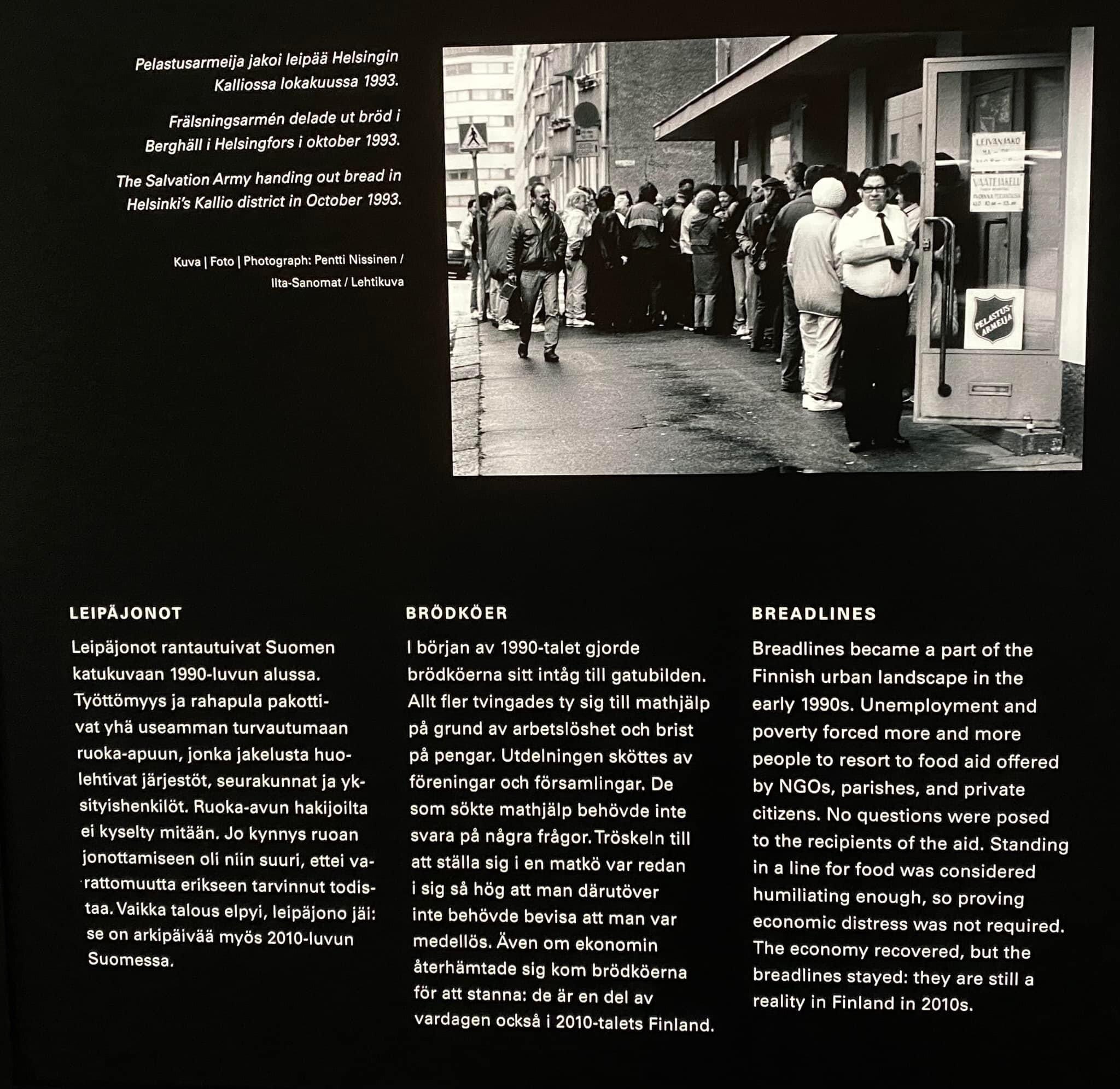 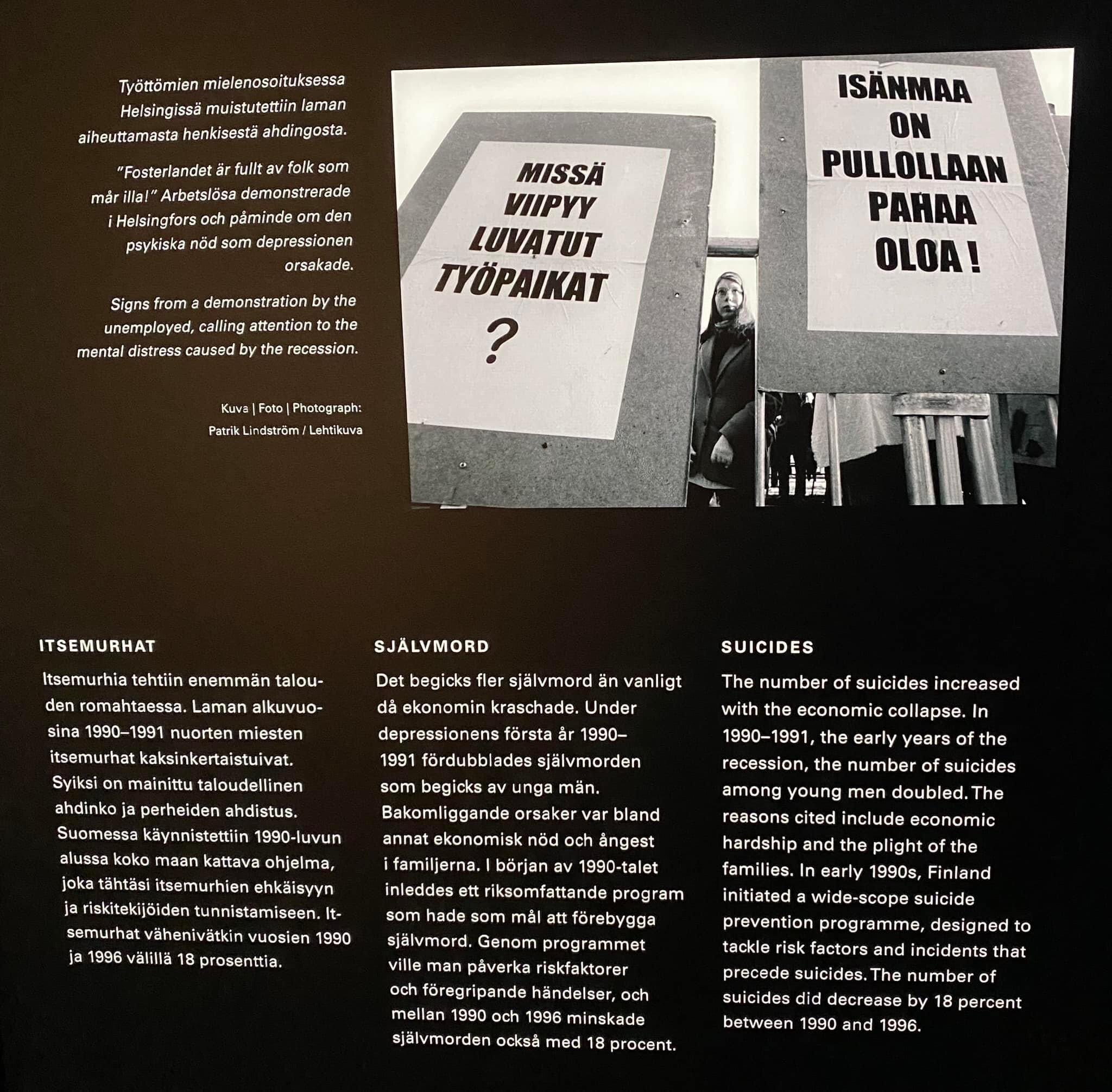 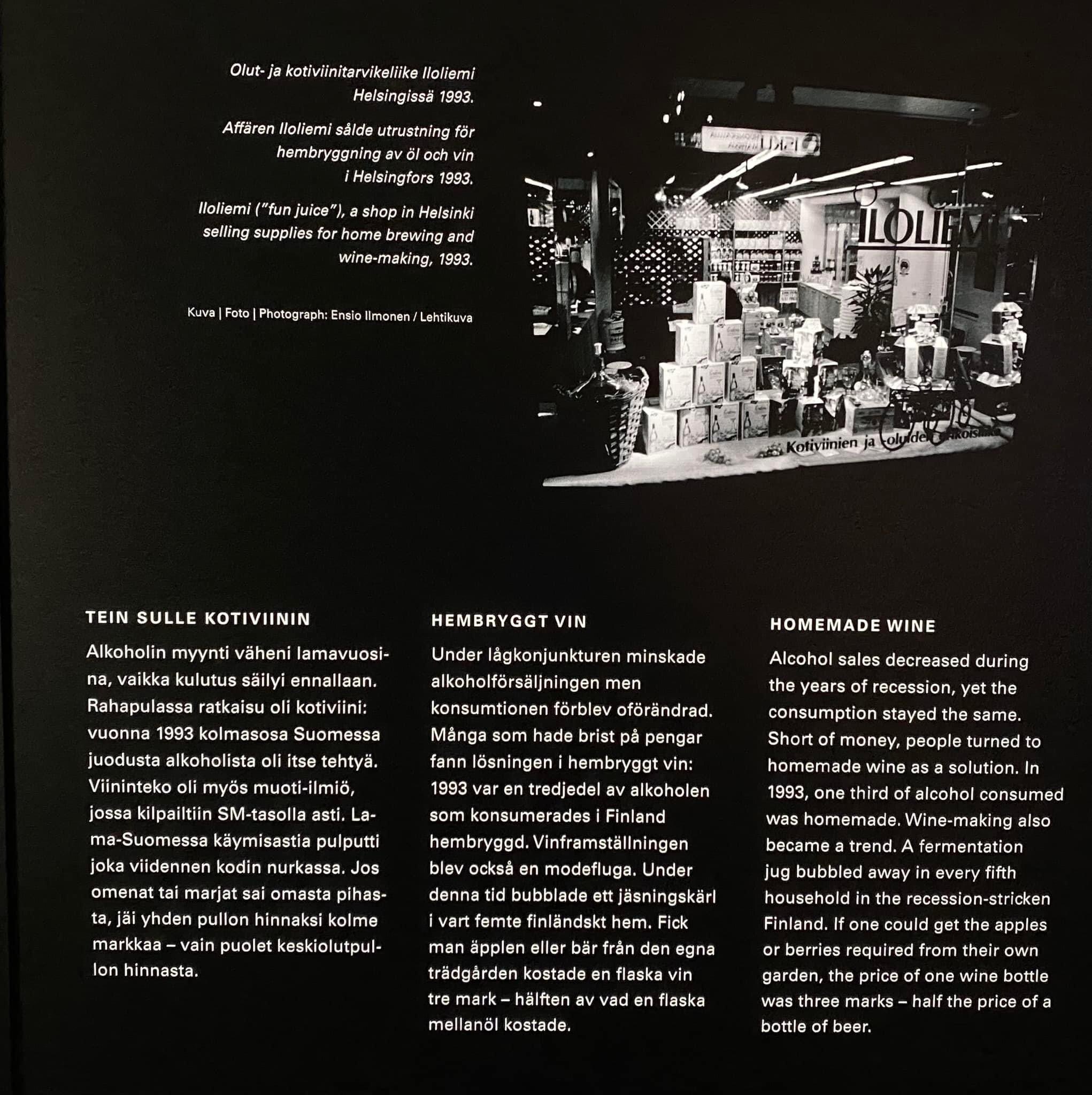 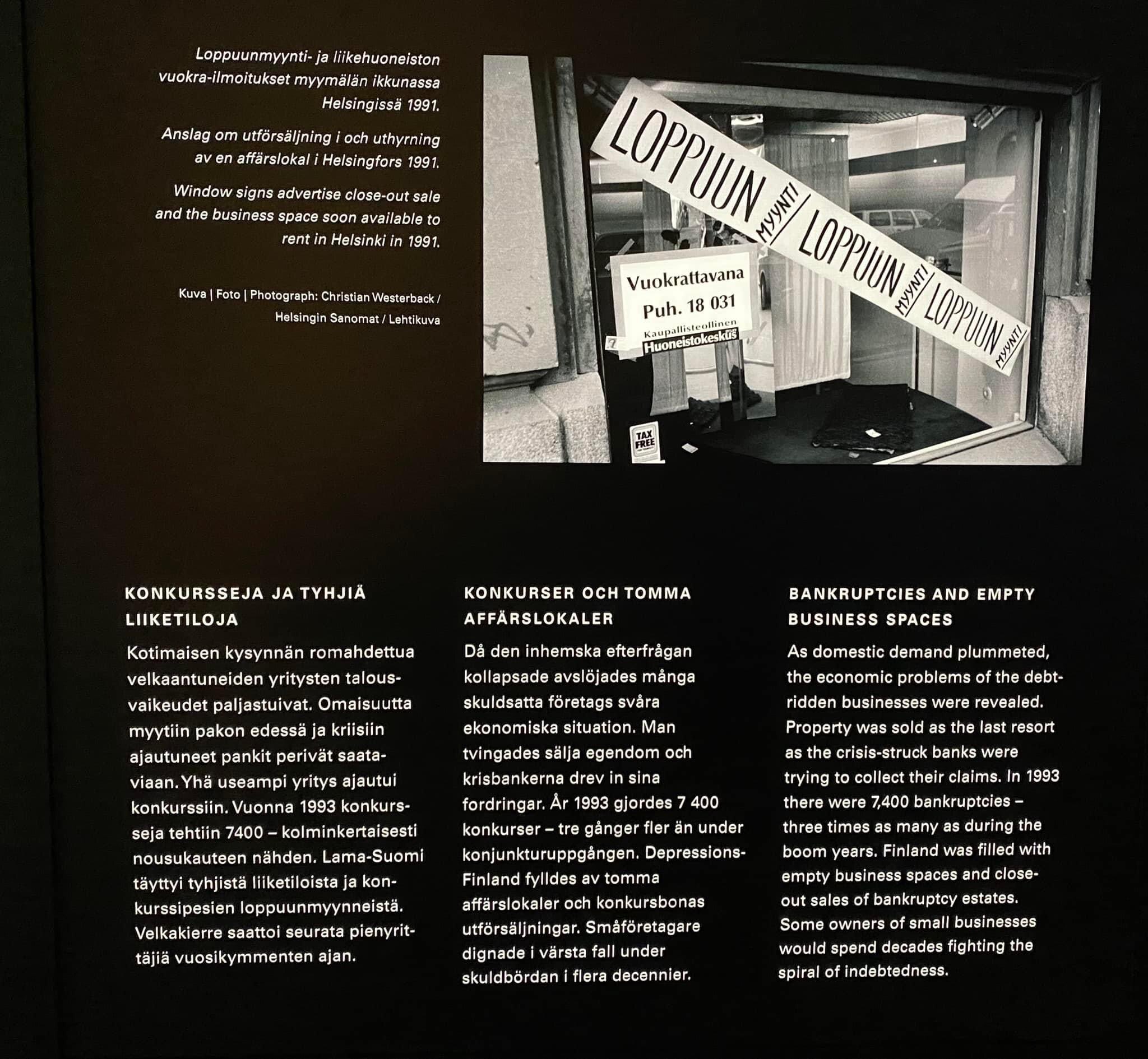 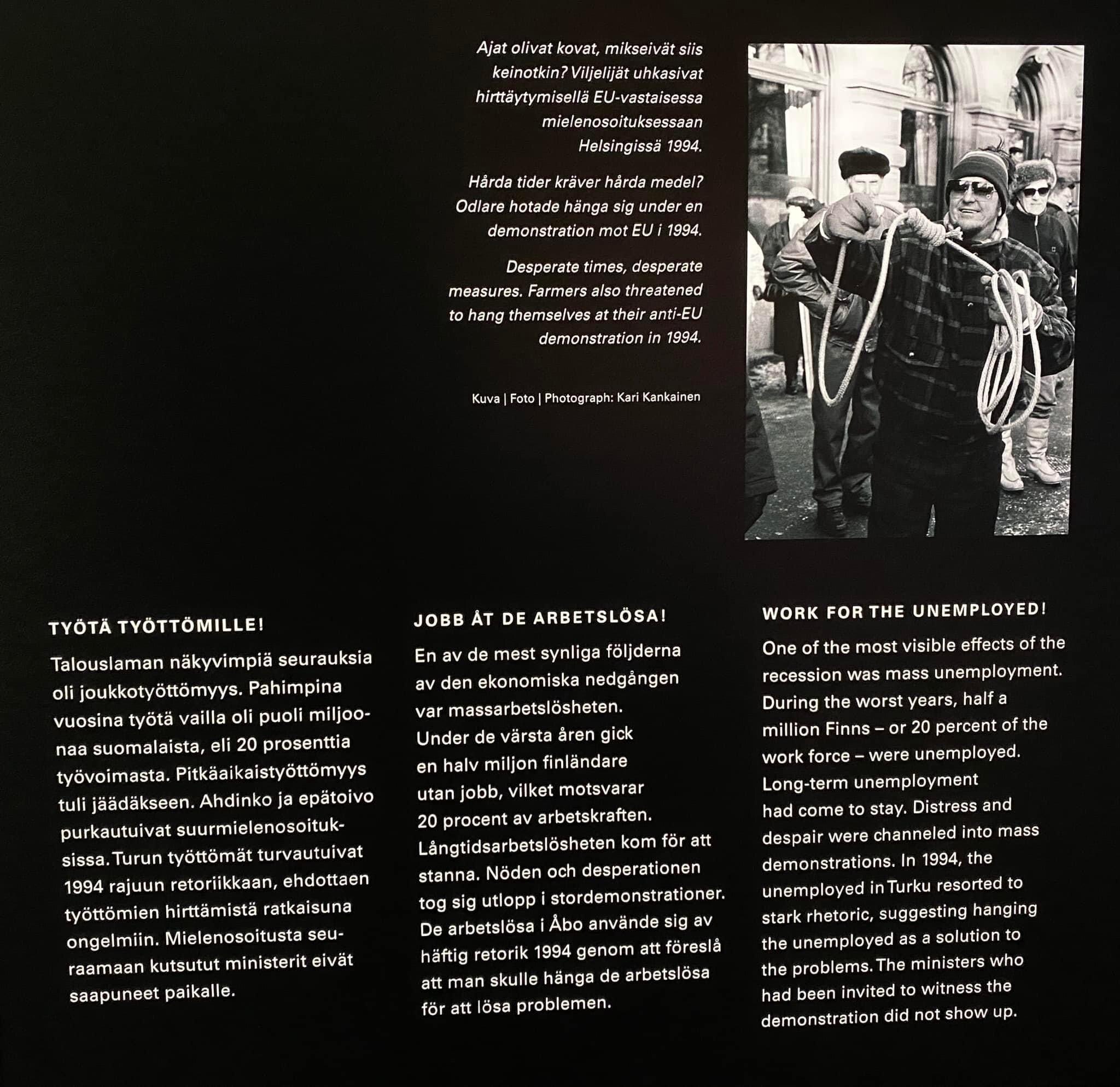 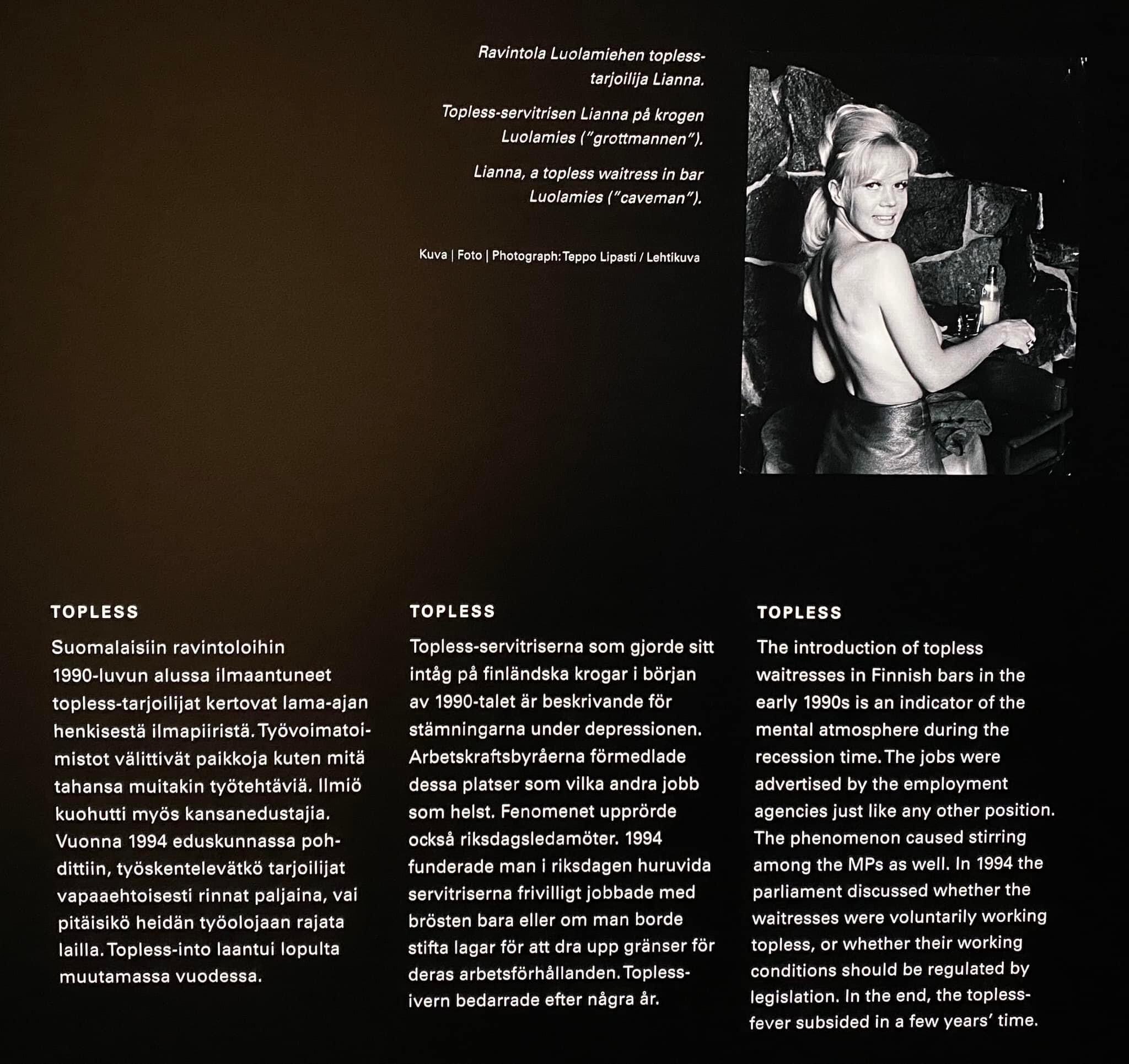 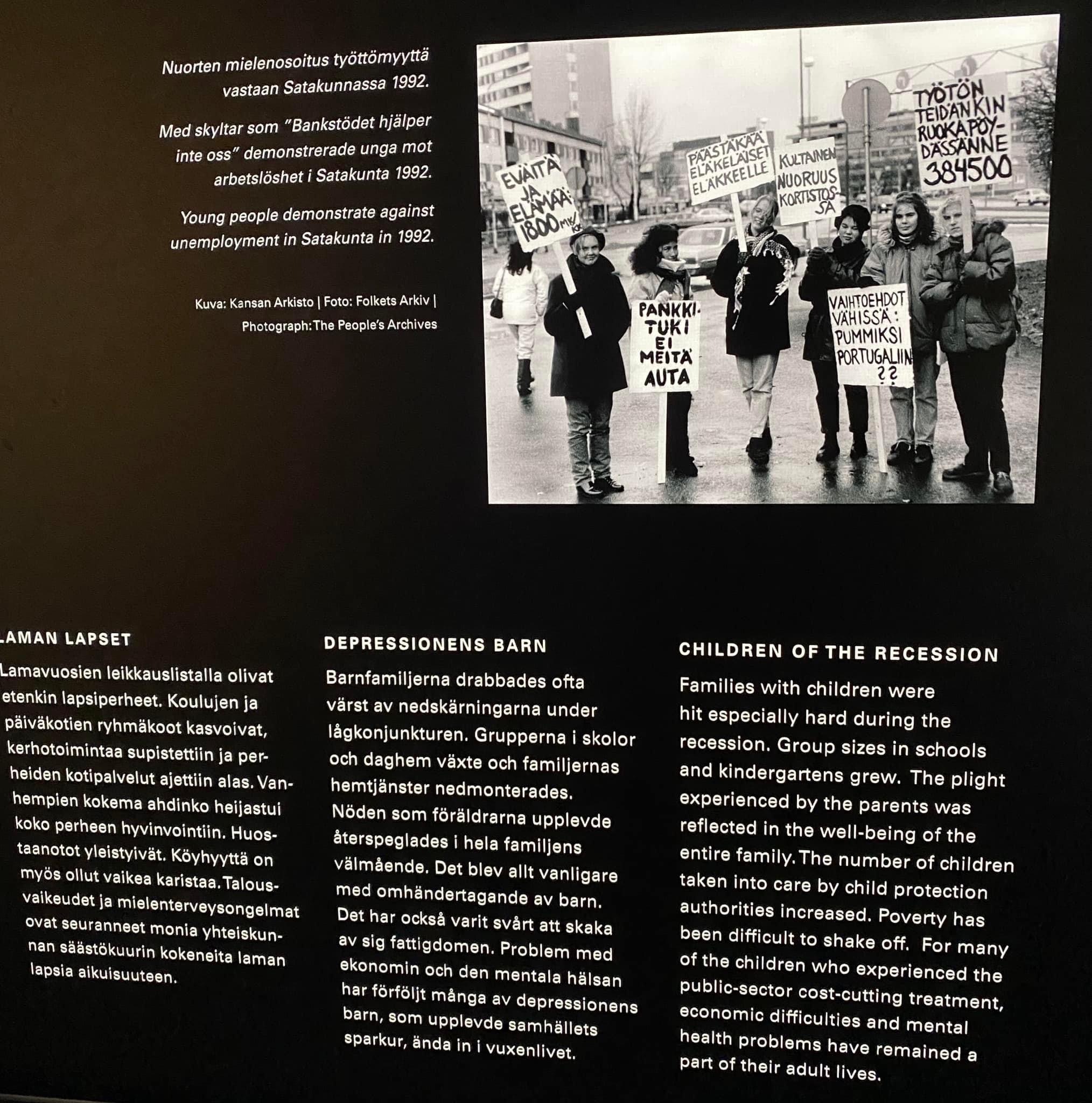 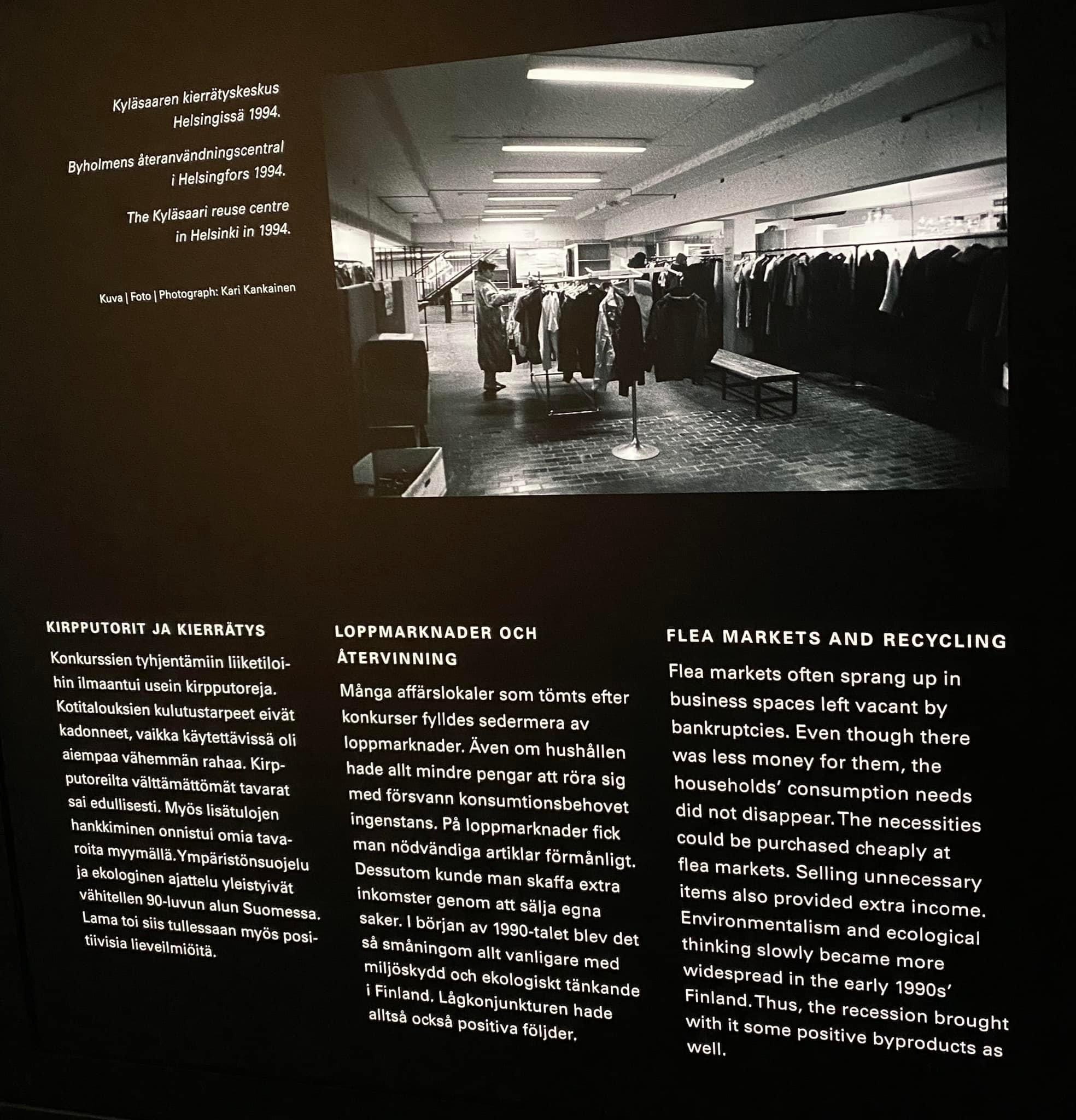 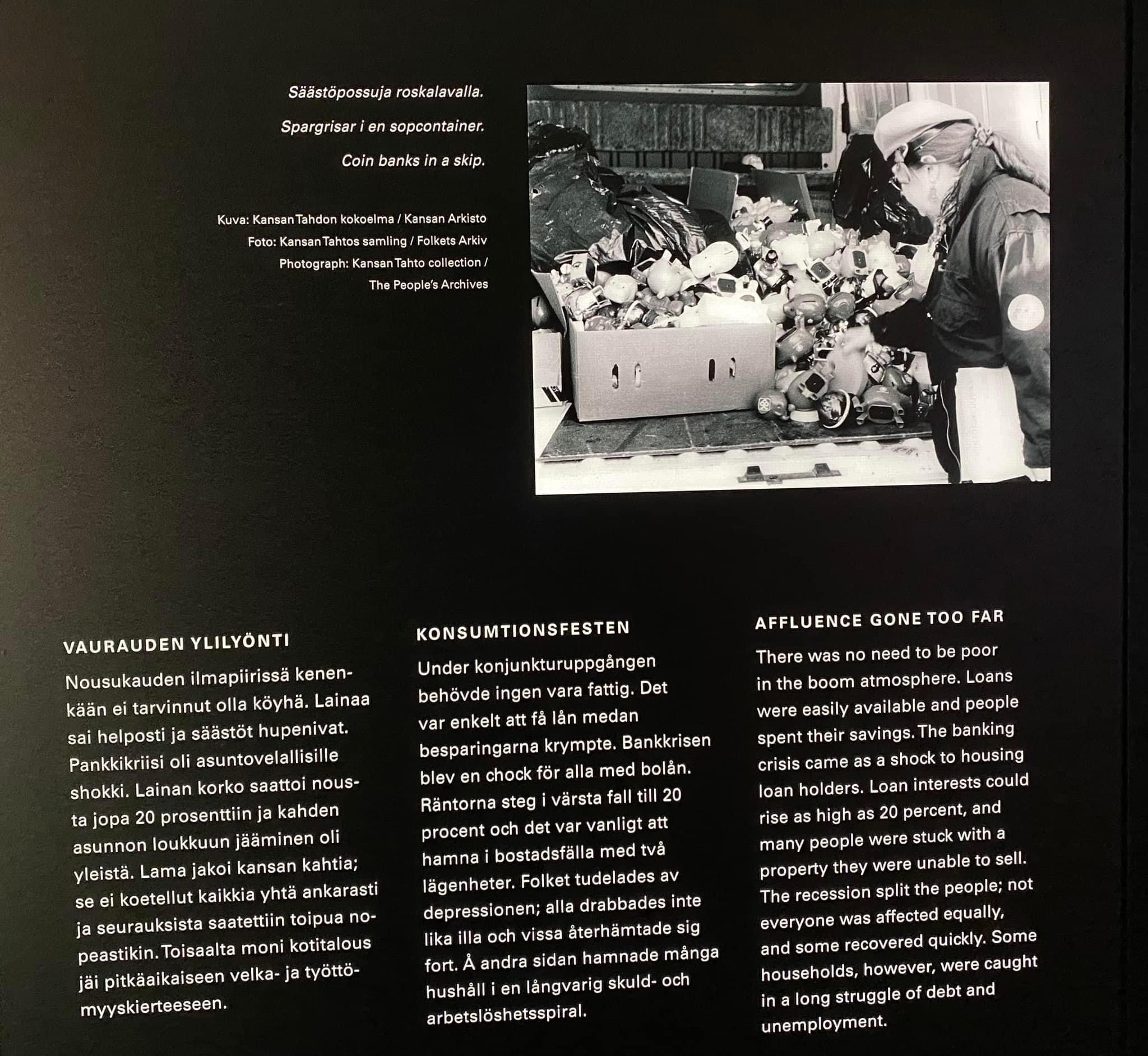 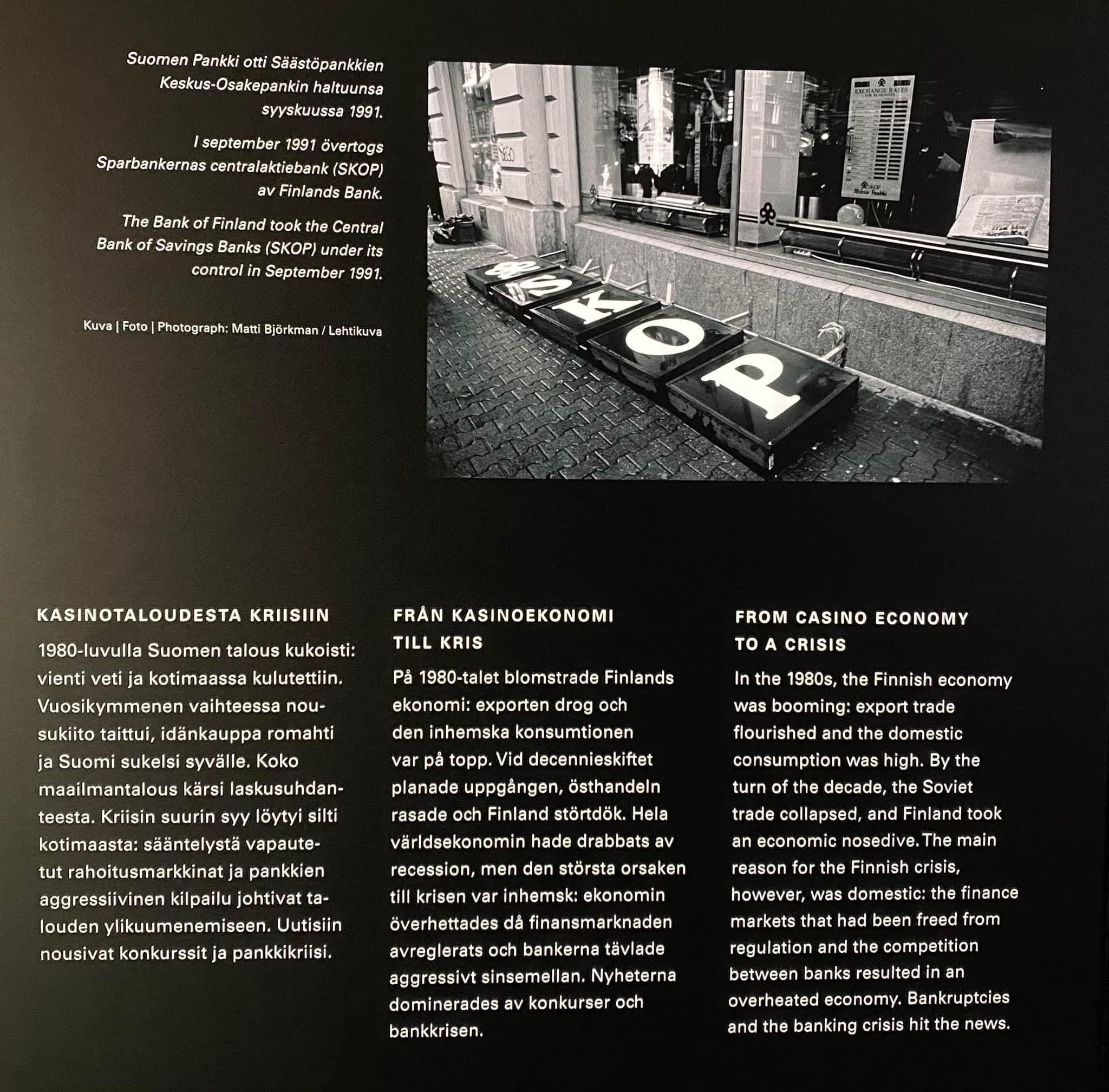
Informed Tankie
!informedtankie@lemmygrad.ml#Communists and MLs Welcome!
#WE SUPPORT AES!
We support all Actually Existing Socialism countries (AESs) and those supporting socialistic movements including (but not limited to):
-
The People’s Republic of China (PRC; including the Communist Party of China (CPC or CCP) and Socialism with Chinese Characteristics (SwCC))
-
Democratic People’s Republic of Korea (DPRK; including Juche philosophy)
-
Cuba
-
Vietnam
-
Laos
-
The Former Soviet Union (USSR)
-
Former Soviet Countries
-
Nicaragua
-
Venezuela
-
Evo Morales’ Bolivia
-
Santos’ Angola
-
Sankara’s Burkina Faso
#No:
- Racism
- Sexism
- Ableism
- Homophobia
- Transphobia
- Bigotry
- Fascists
- Rape Apology
- Reactionaries
- CIA propraganda
- Trump Supporters
- Lesser Evilism (Clinton, Macron, etc.)
- Supporting Neoliberalism (NATO, EU, etc.)
- Anti-Working Class Rhetoric
- Anti-Immigrant Rhetoric
- Imperialism
- Brigades to other subs
- Doxxing
##Shout out to Red Menace and Rev left Radio:
-
RED MENACE - Socialism: Utopian and Scientific by Friedrich Engels
-
RED MENACE - Left Wing Communism: An Infantile Disorder - V.I. Lenin
-
RED MENACE - Imperialism: The Highest Stage of Capitalism - V.I. Lenin
-
State and Revolution: Marx, Lenin, & the Dictatorship of the Proletariat
-
Bonus Women Behind the Iron Curtain: Socialism, Feminism, & Soviet Power




